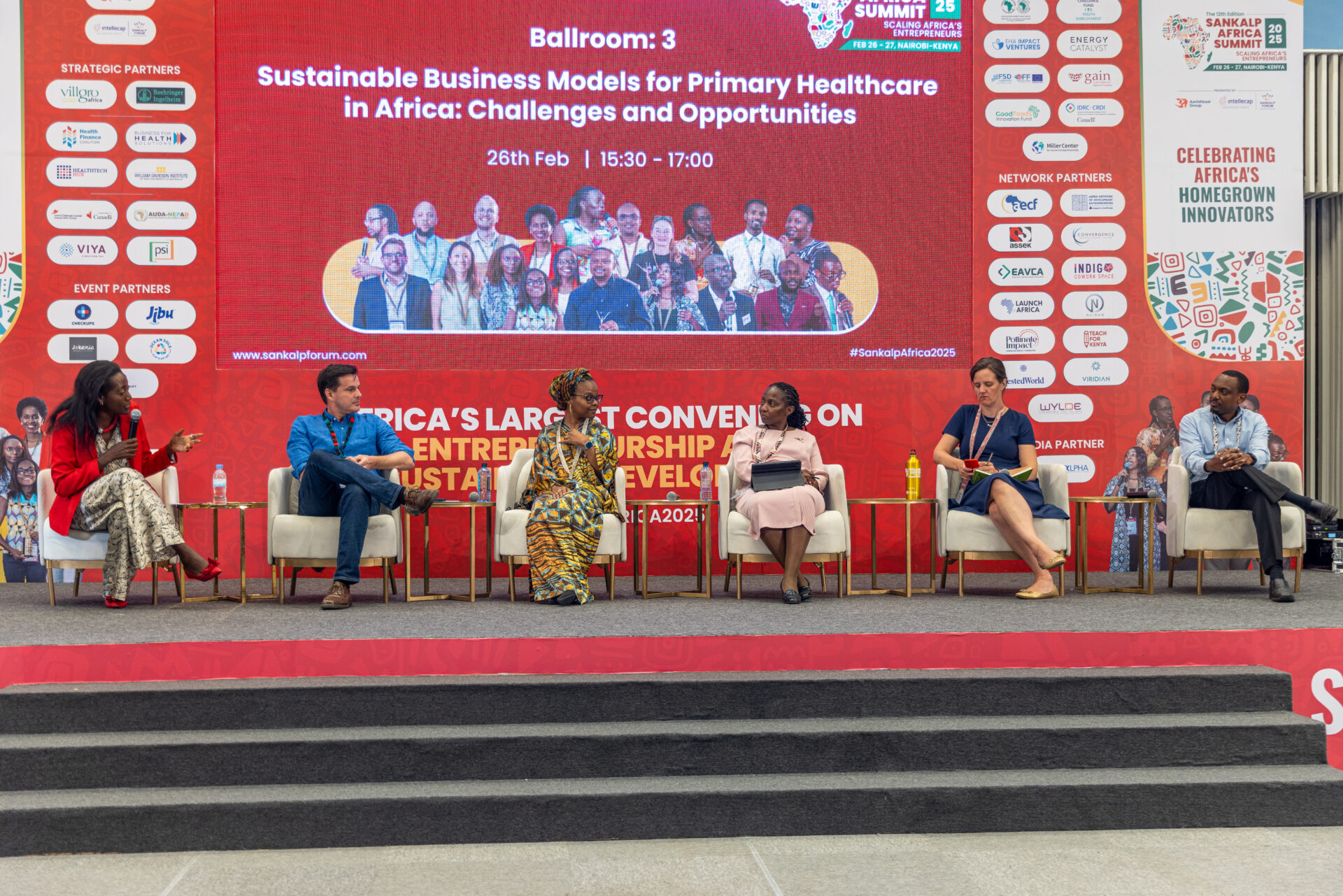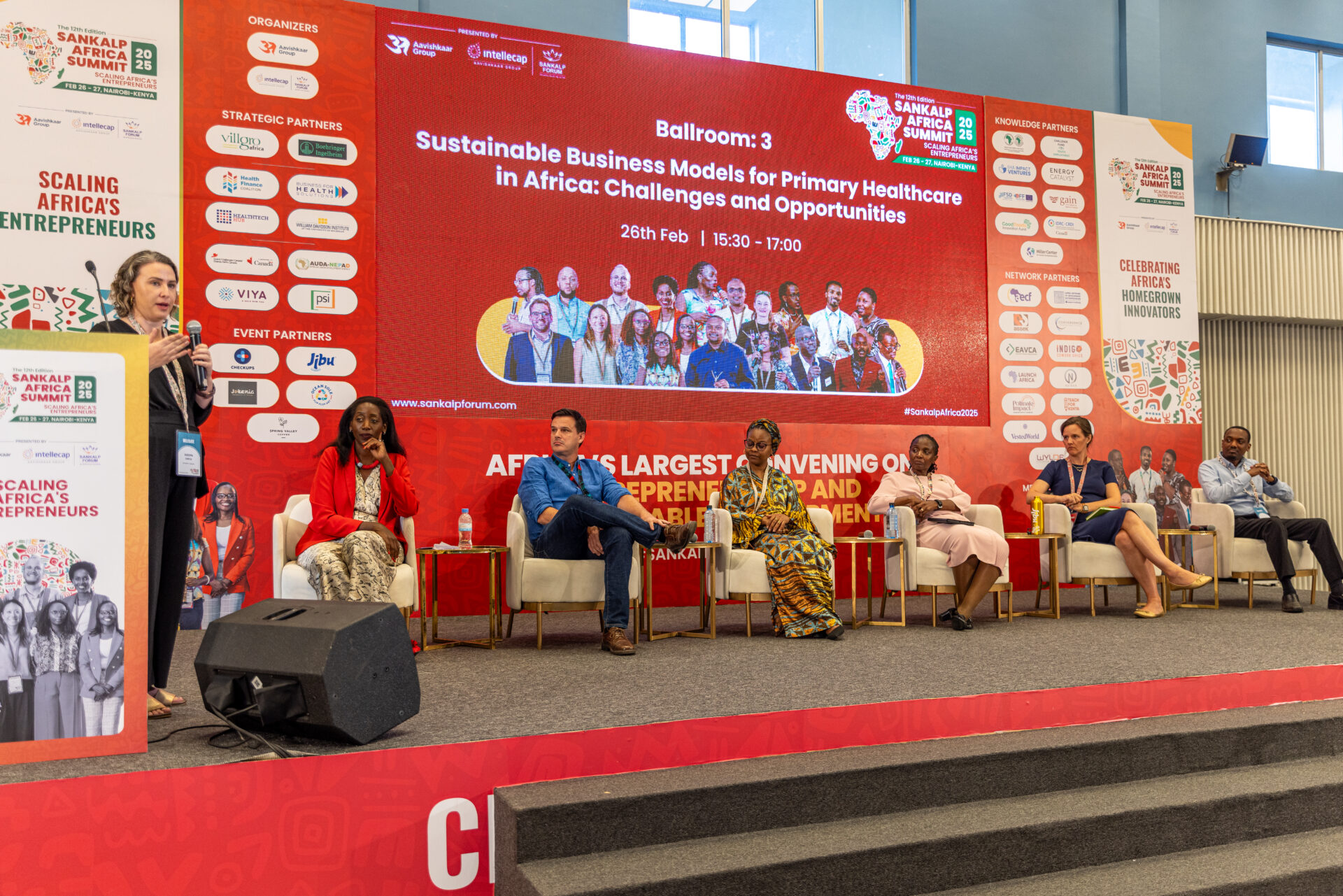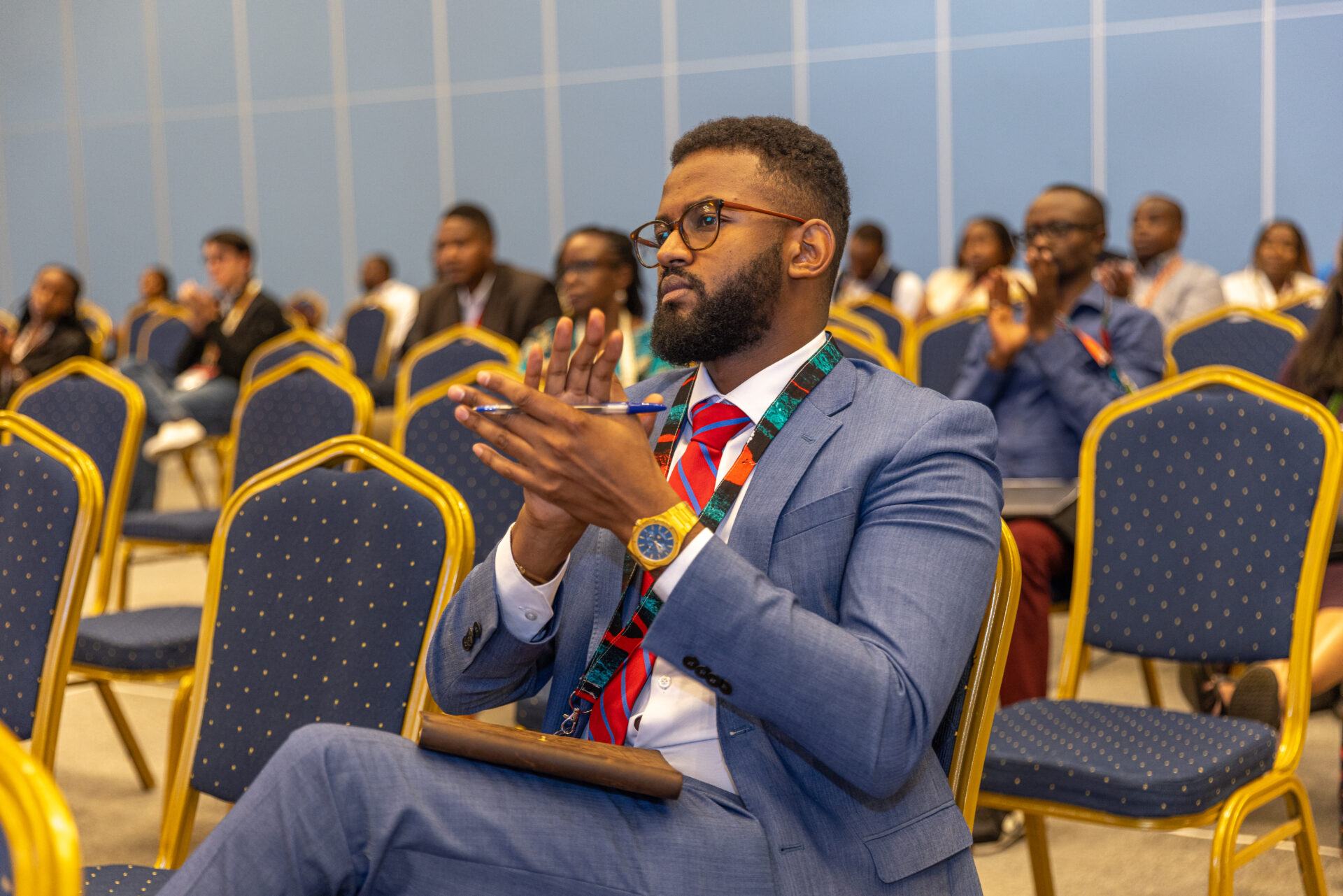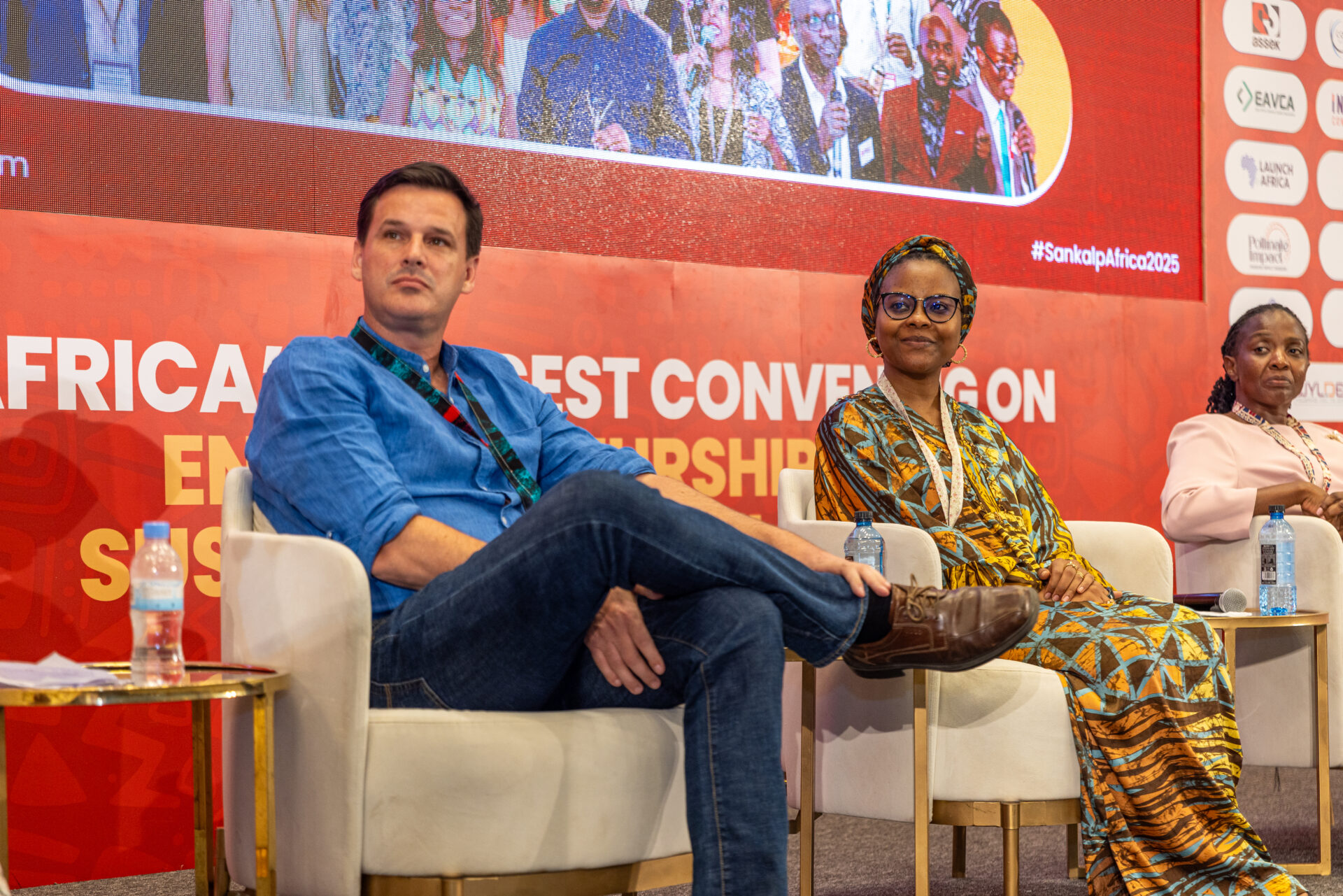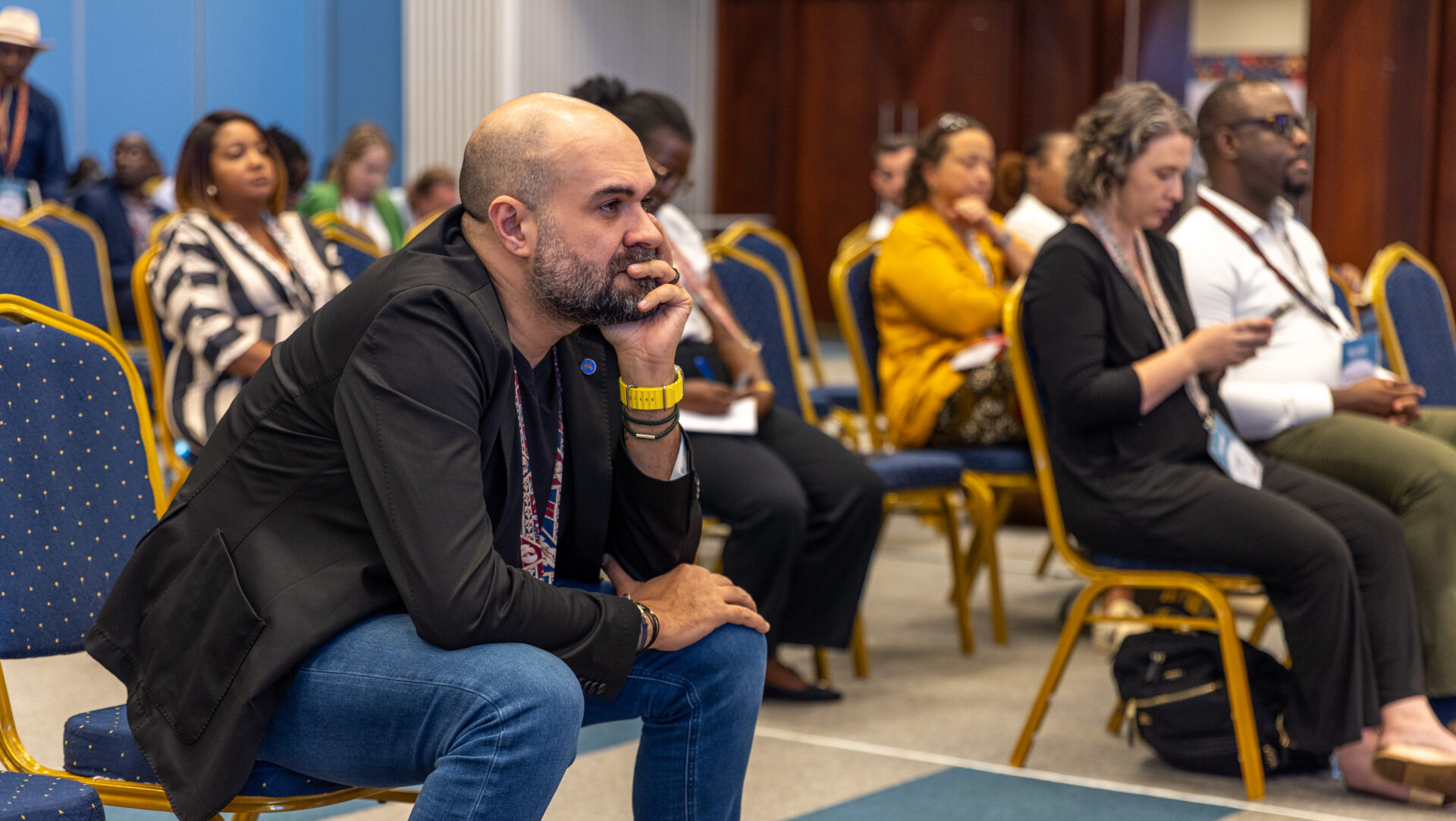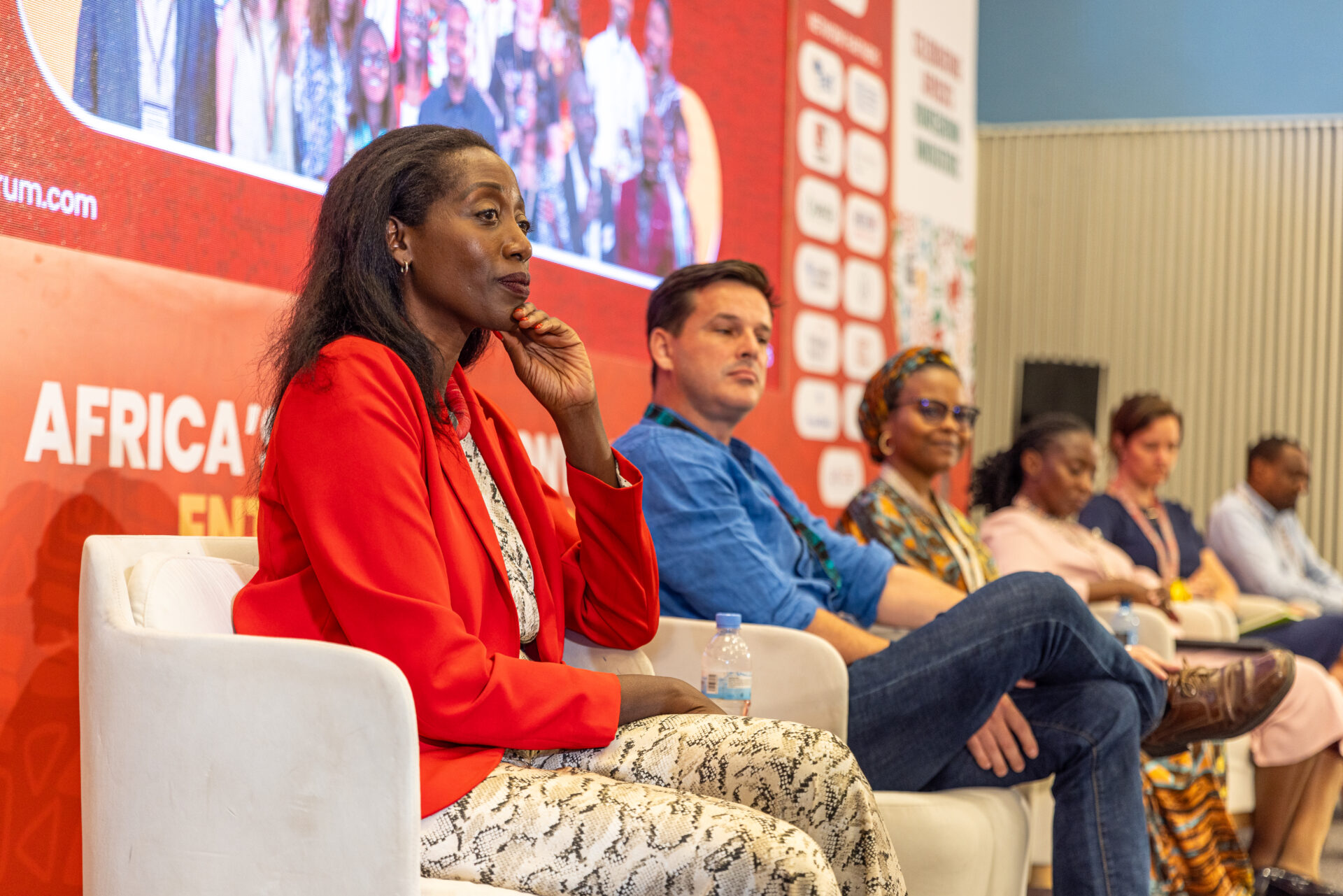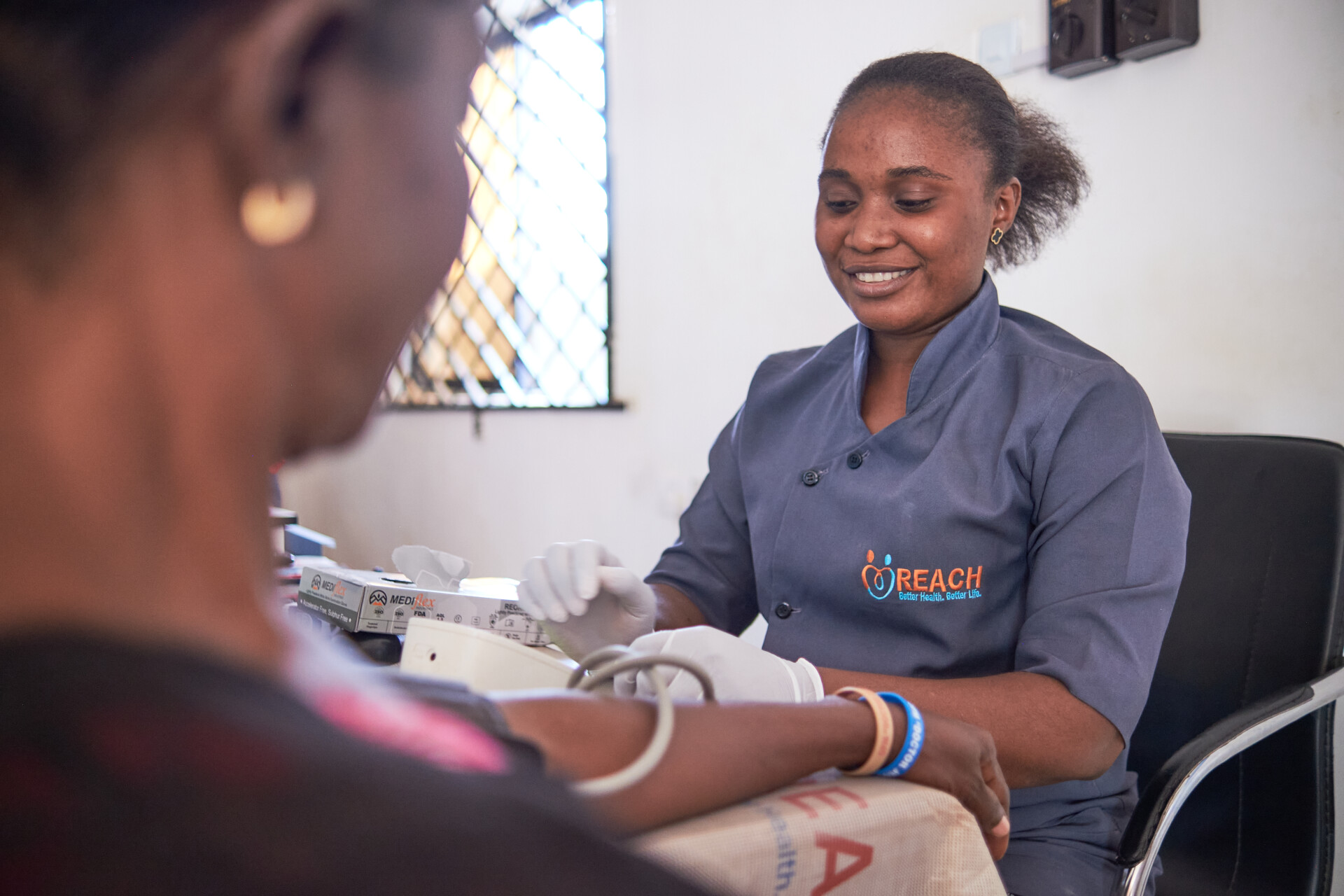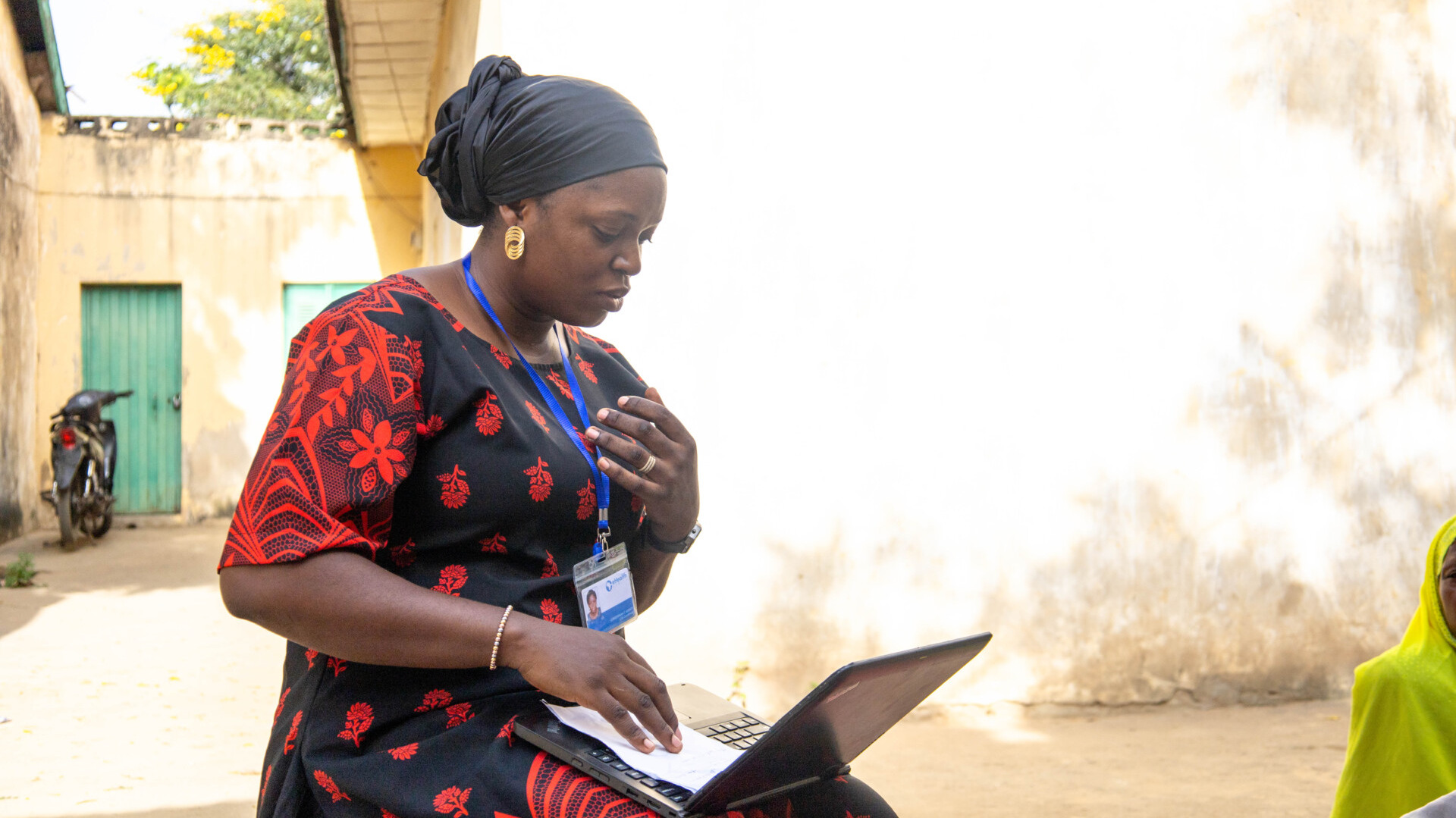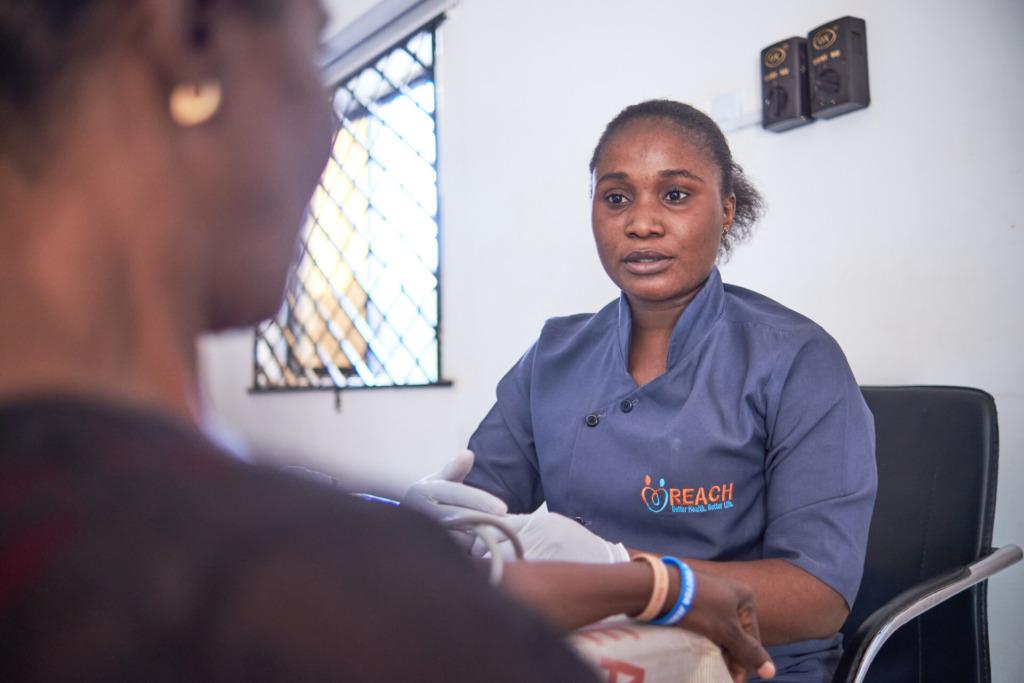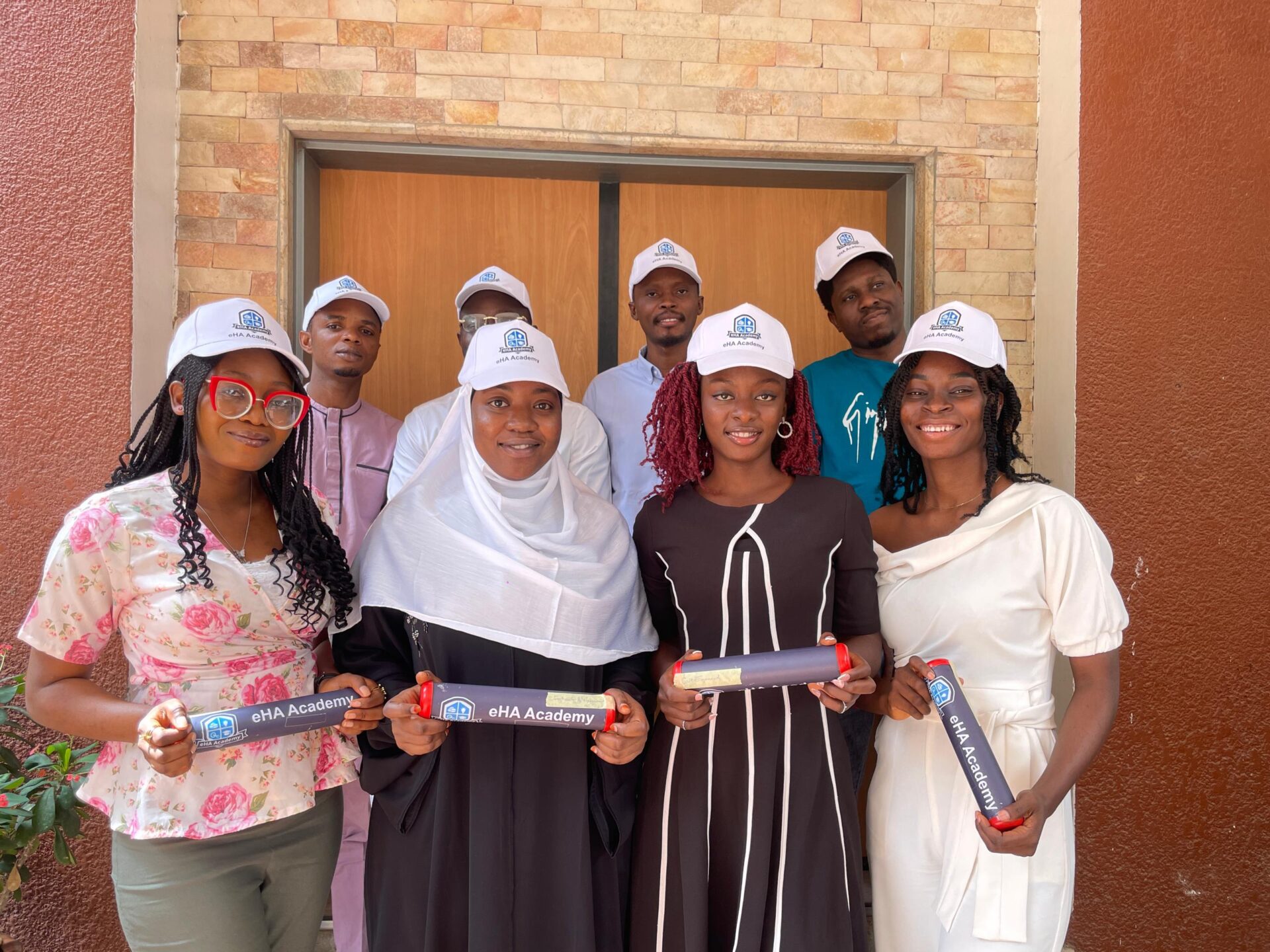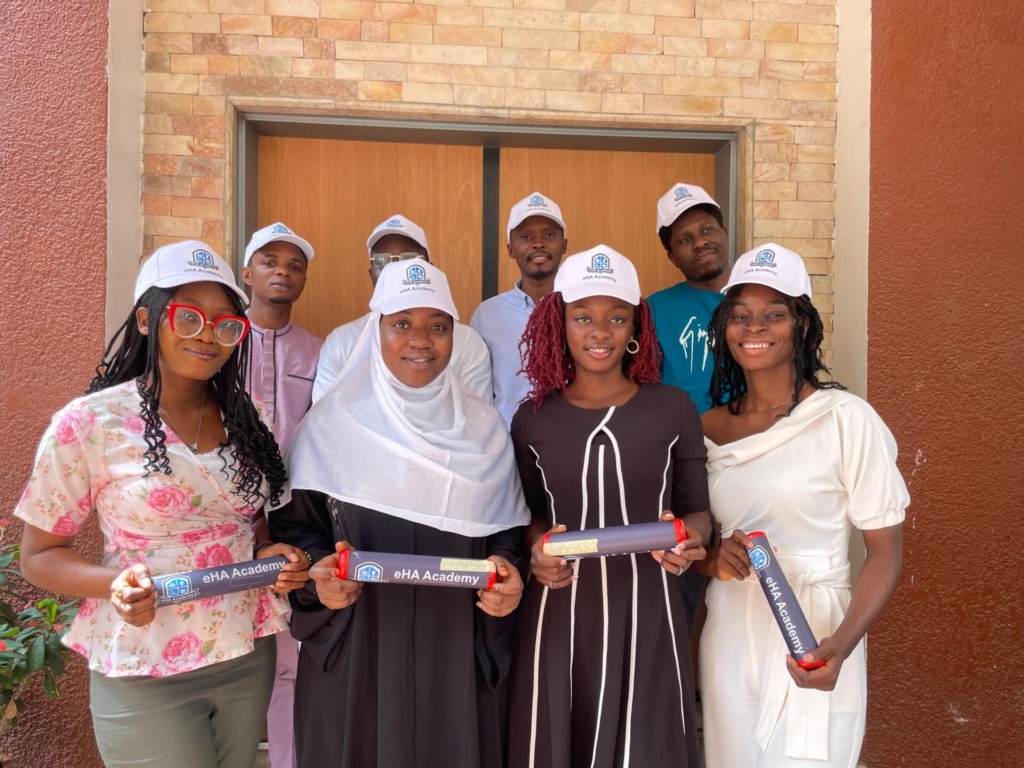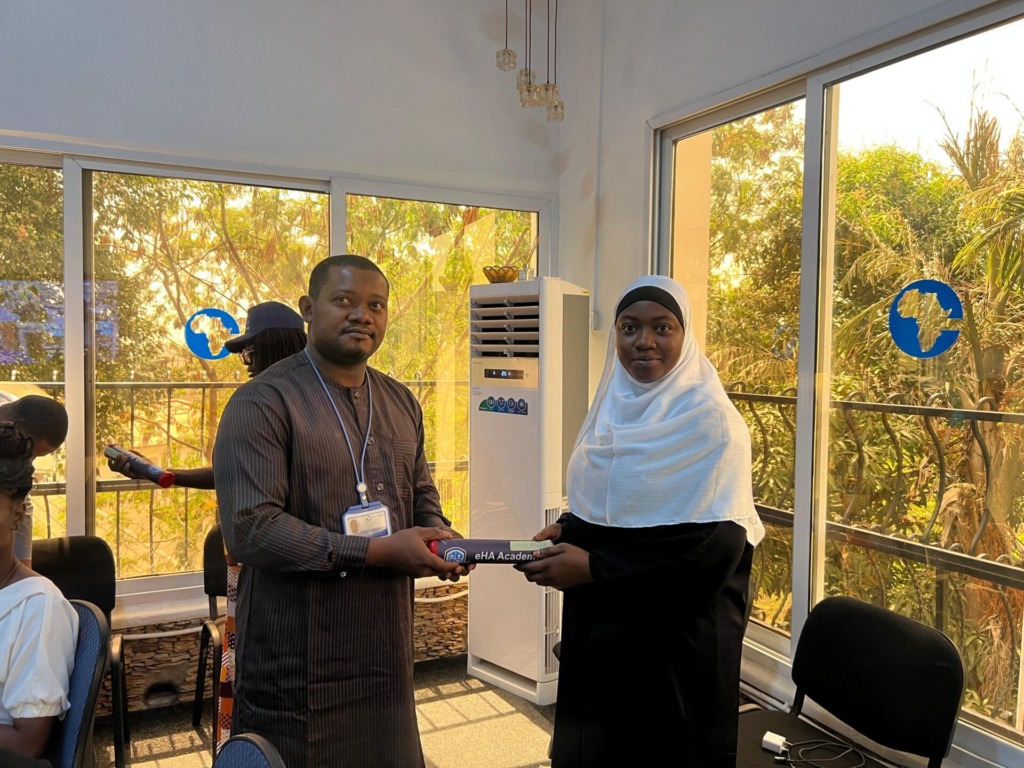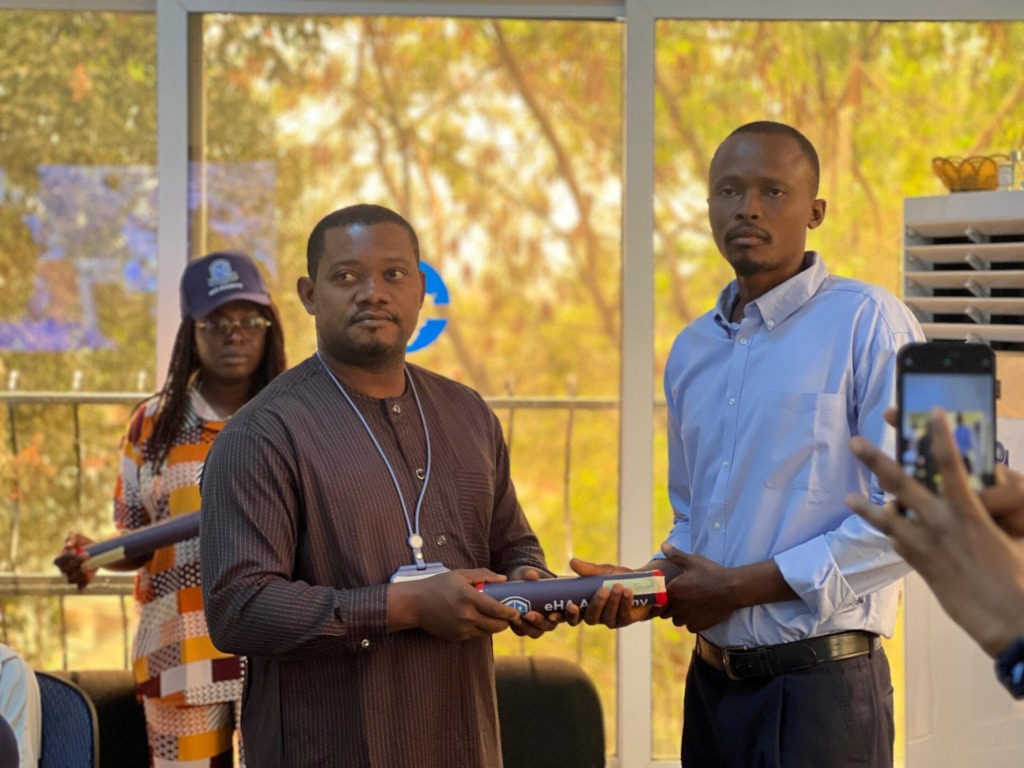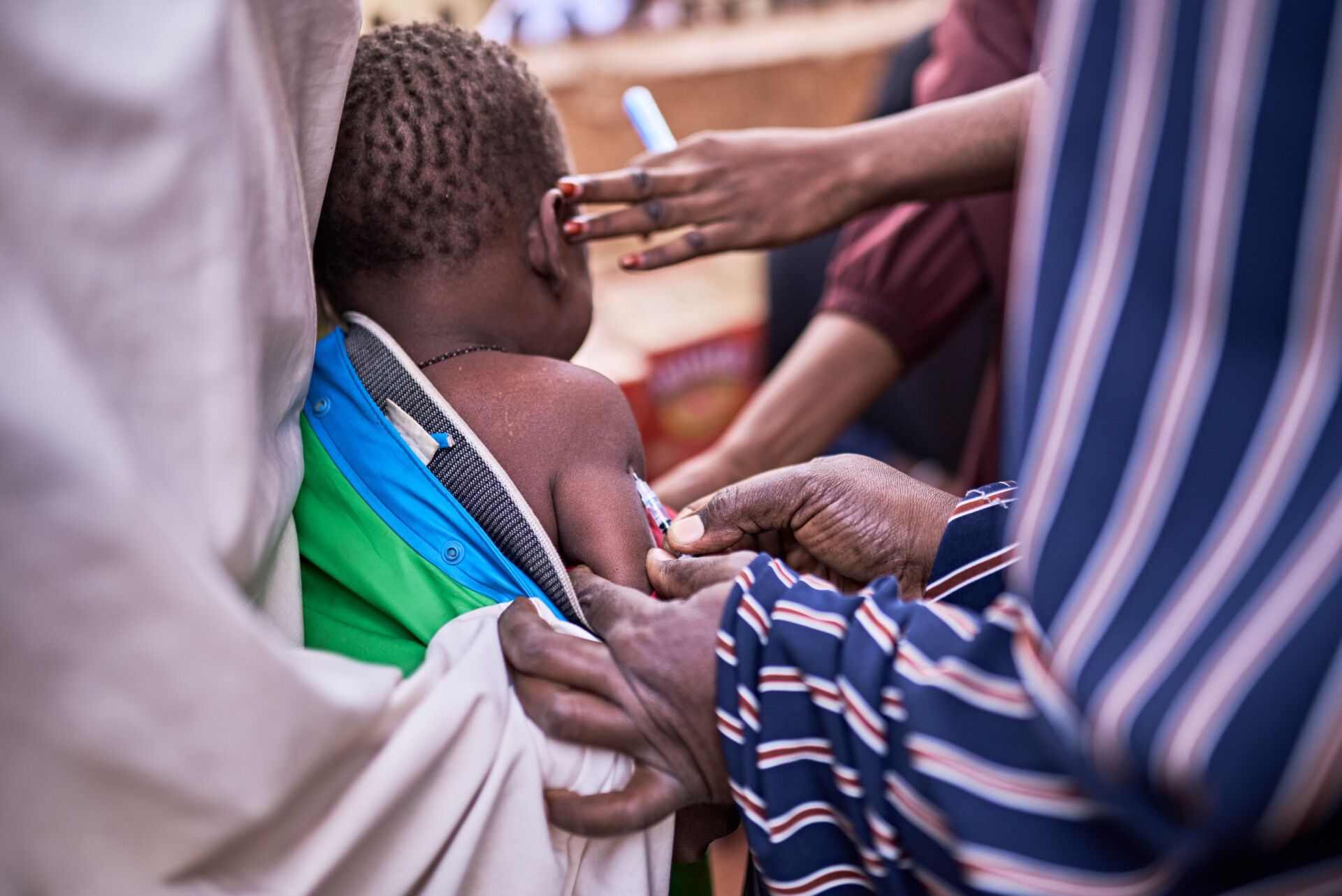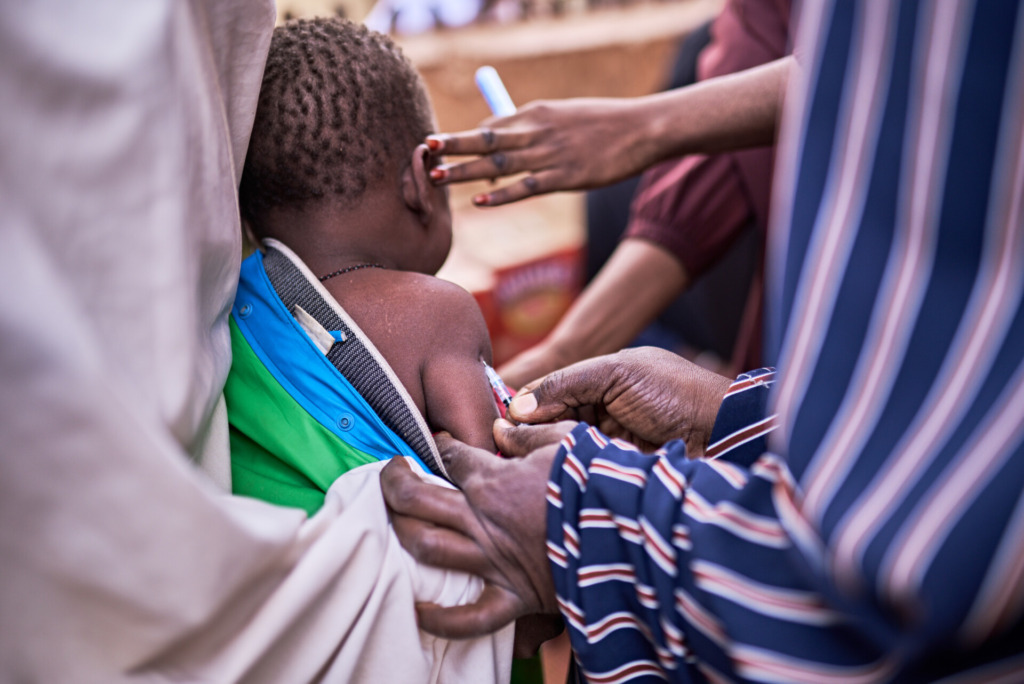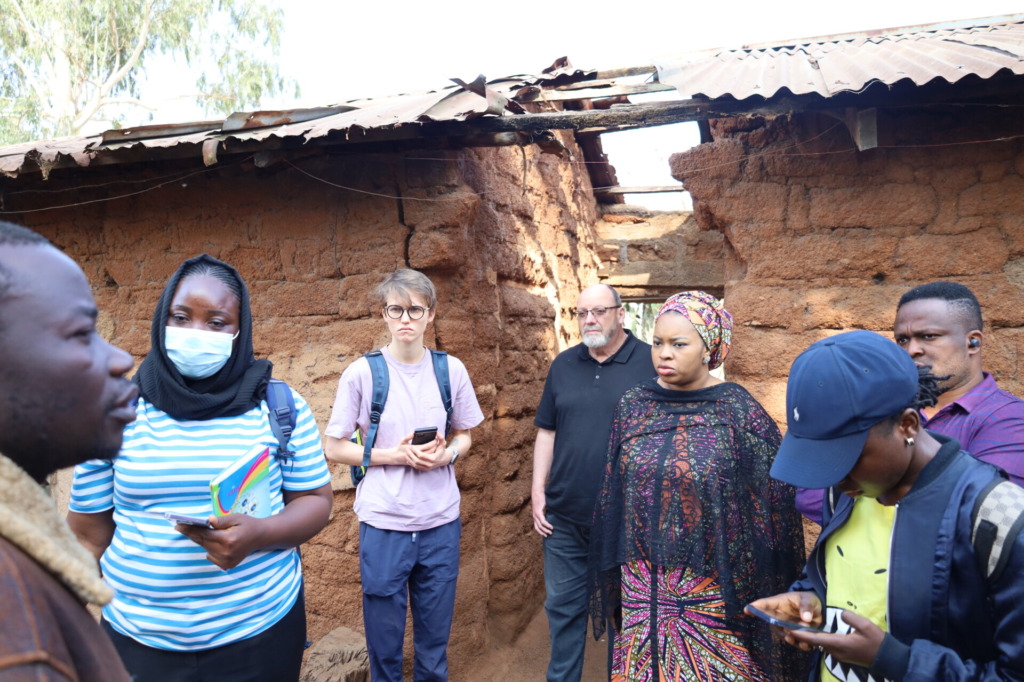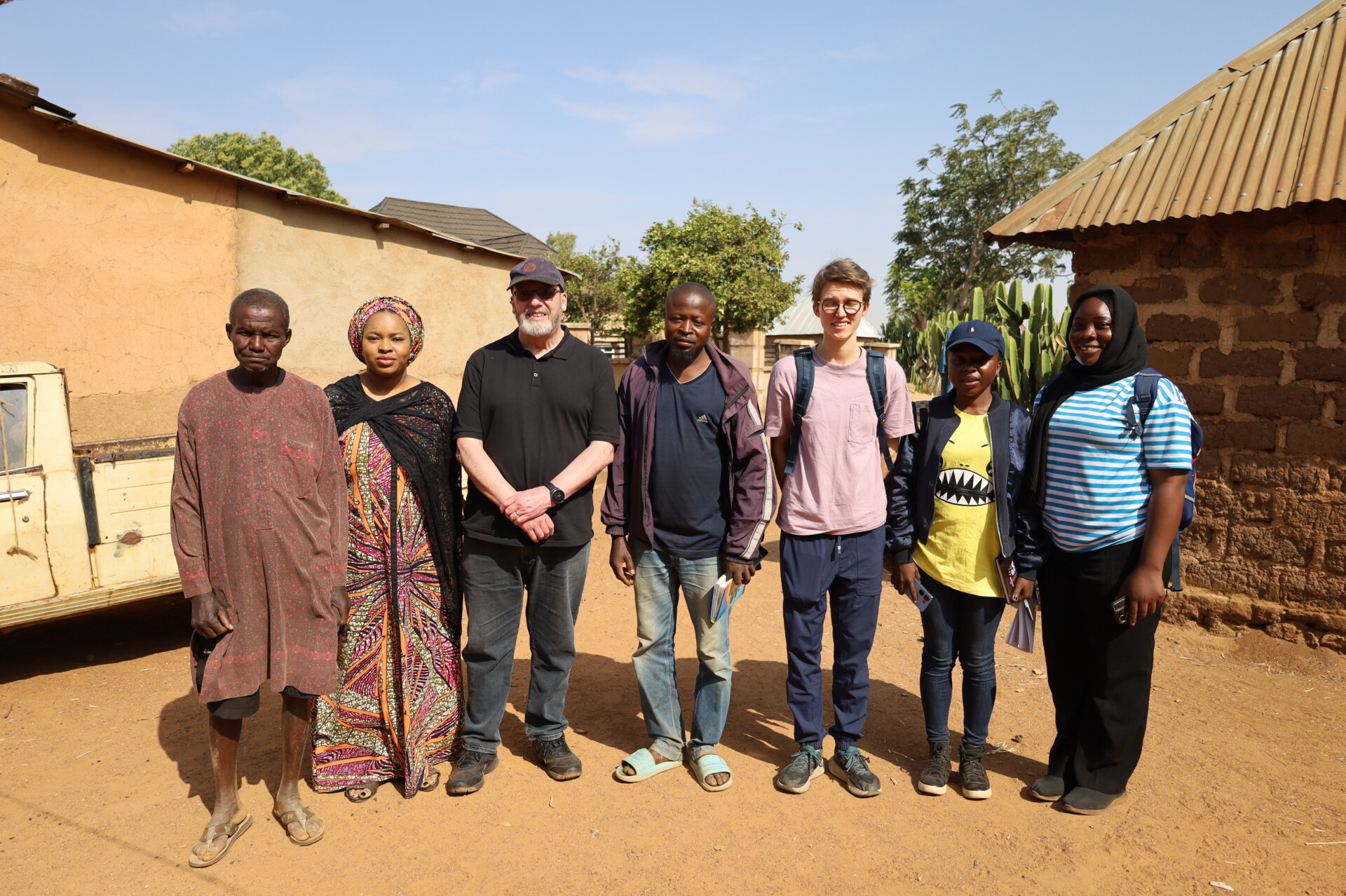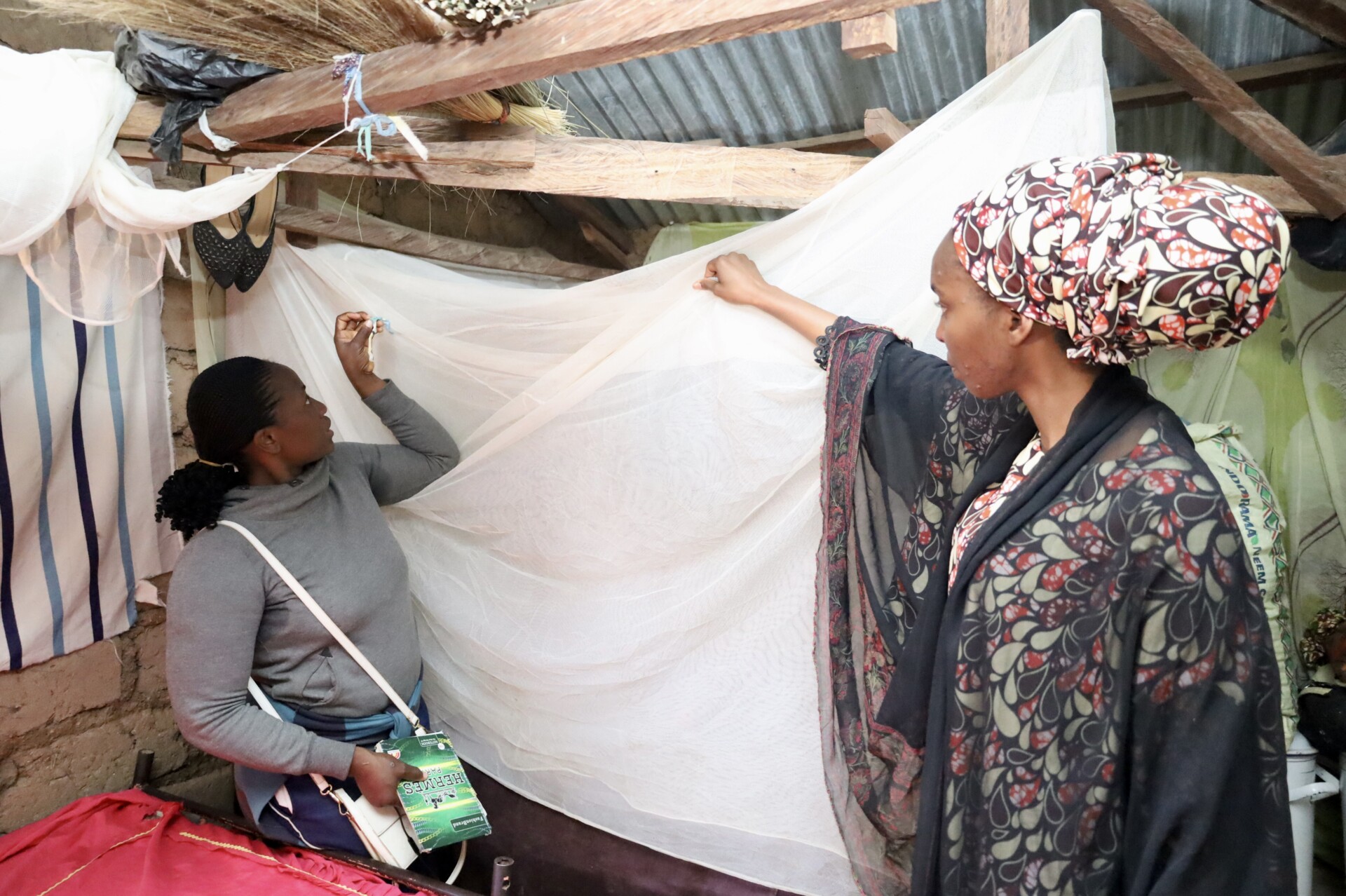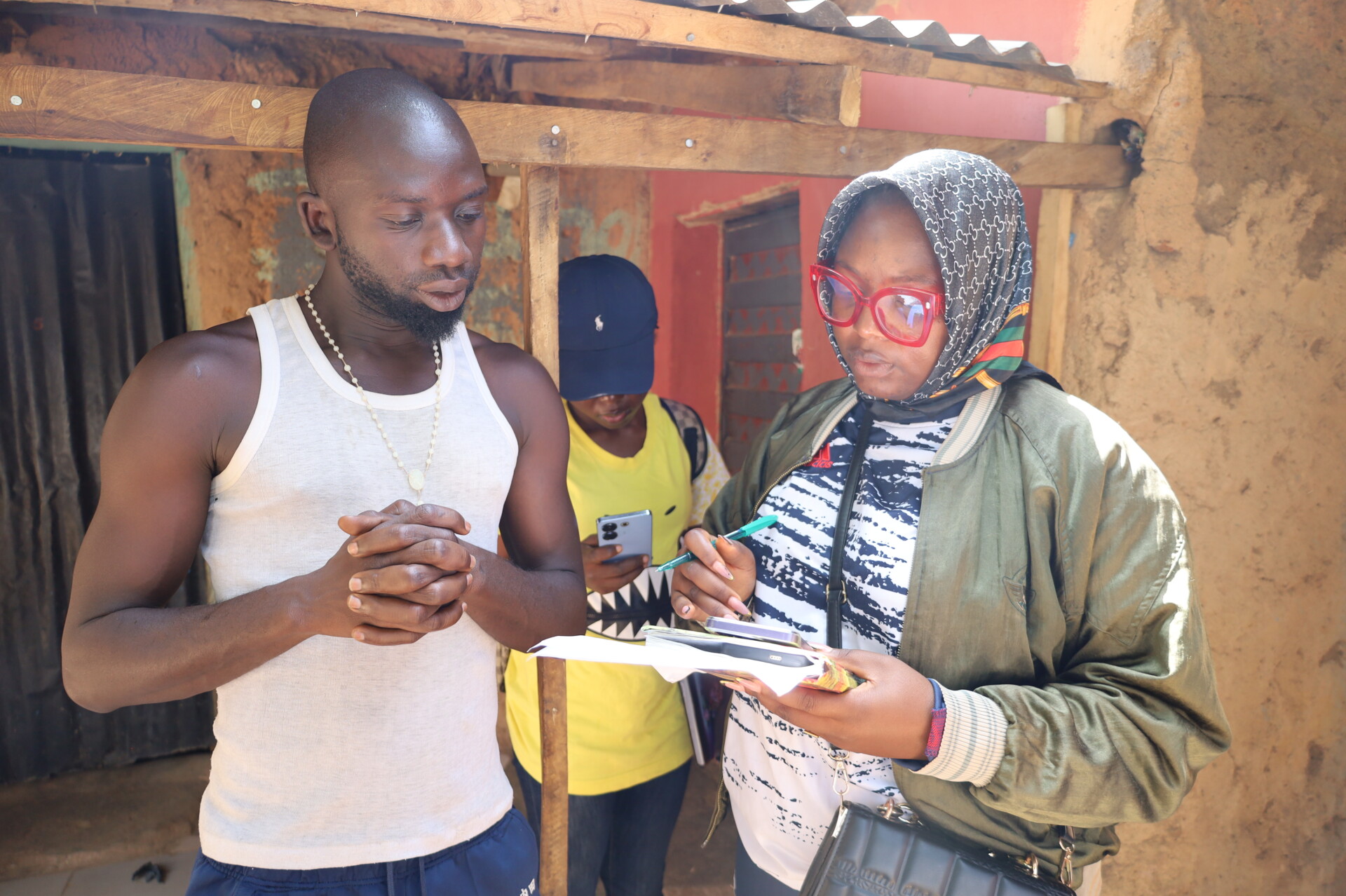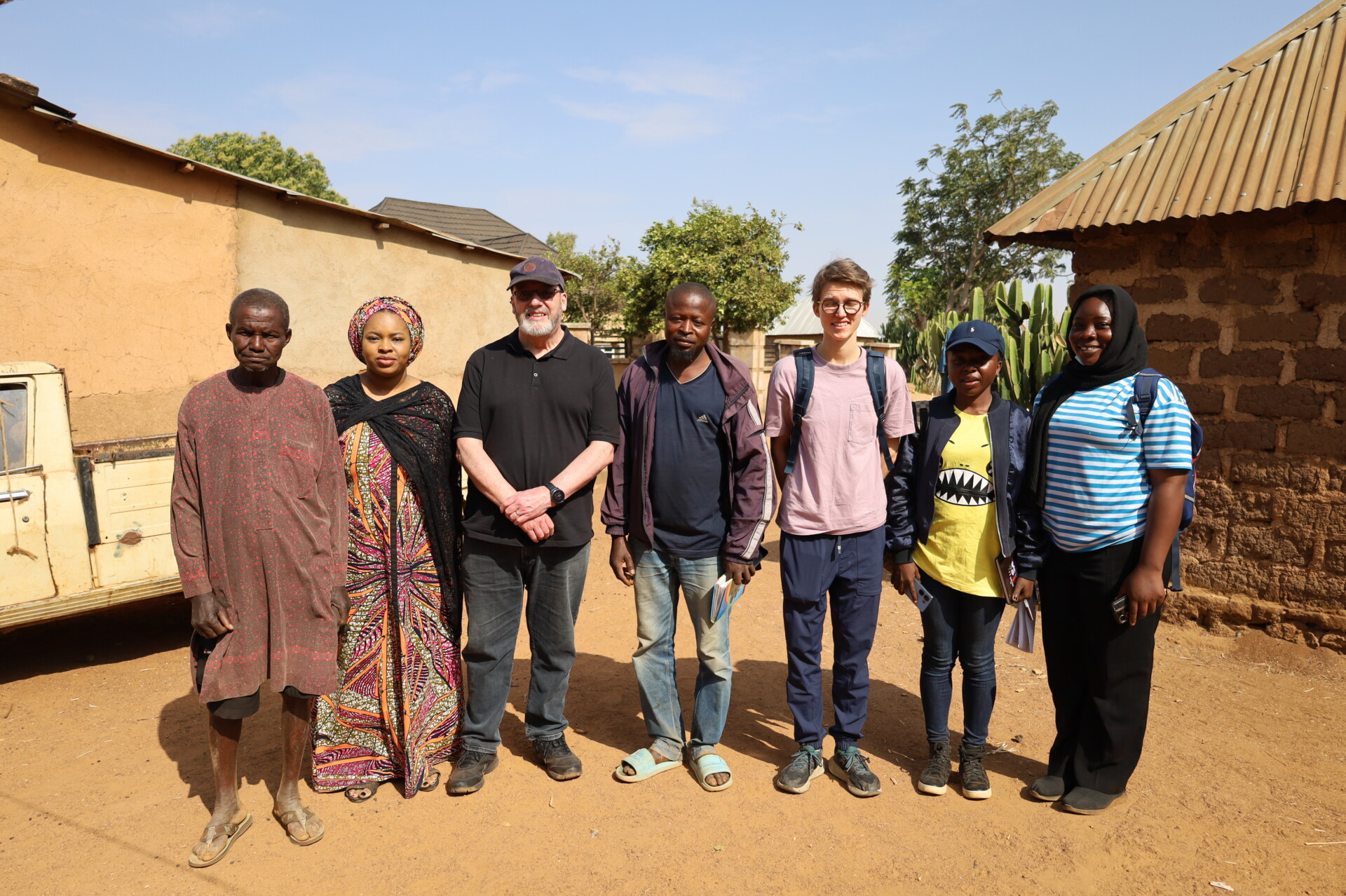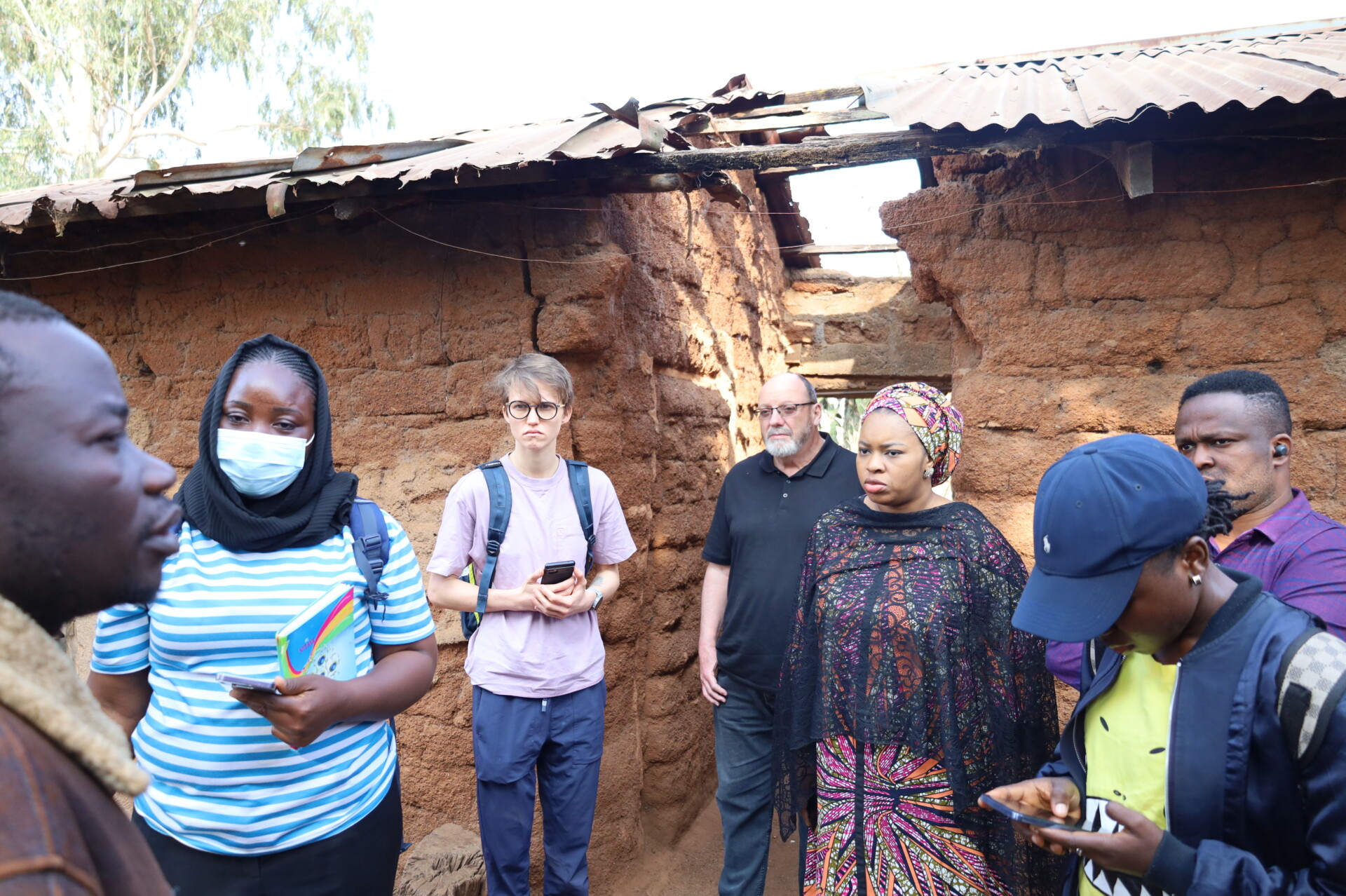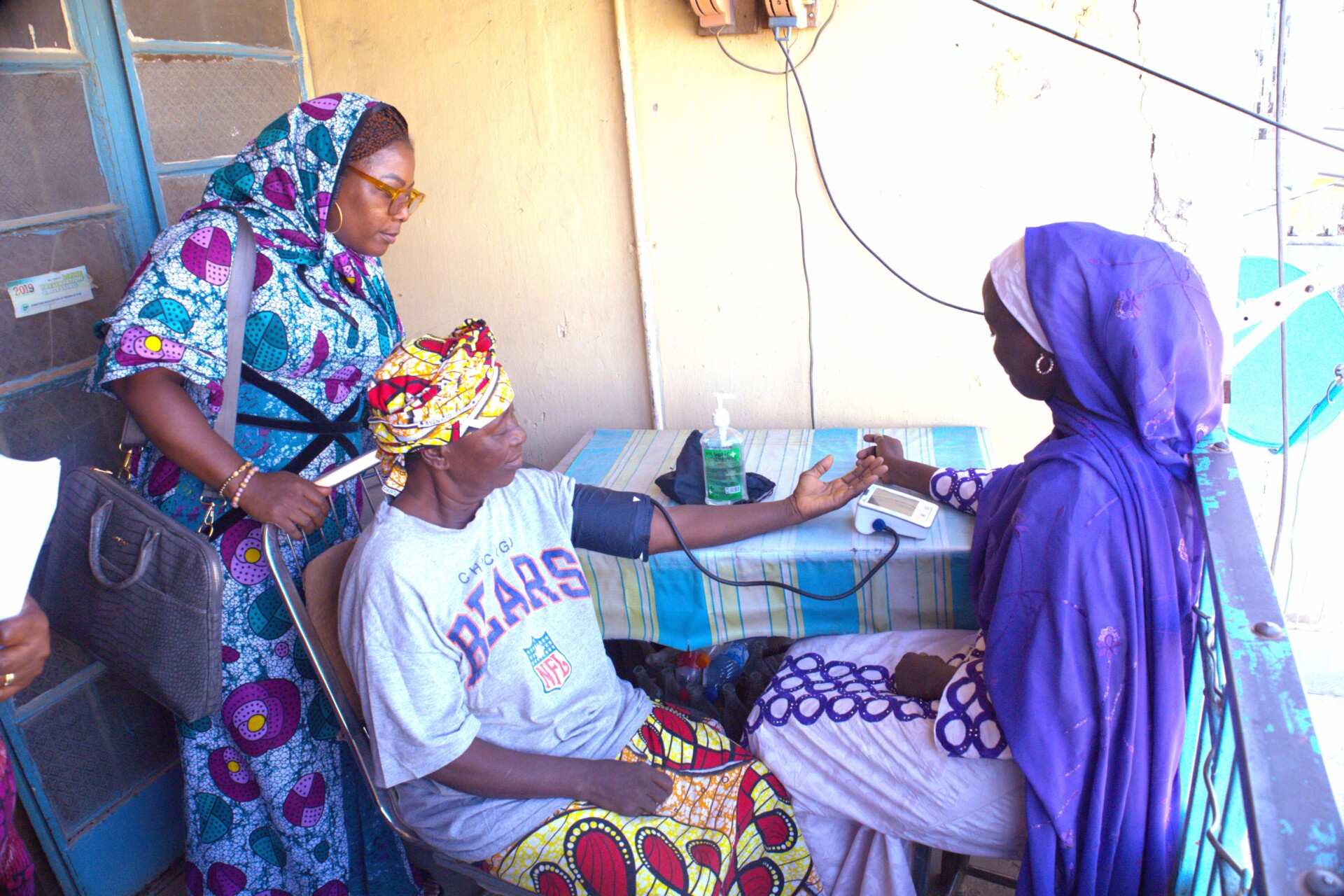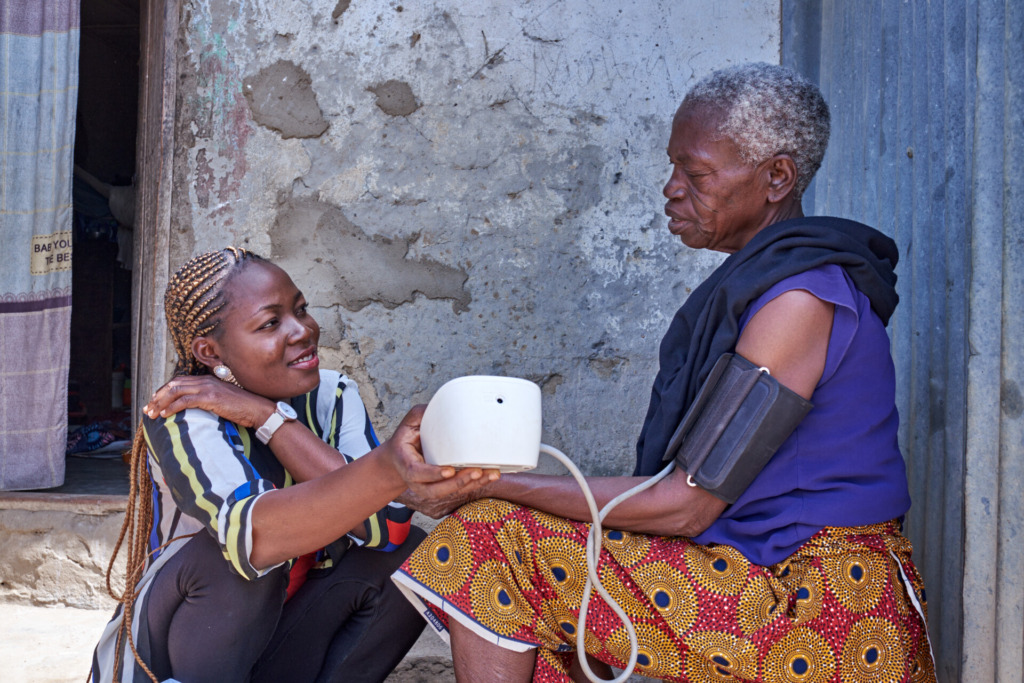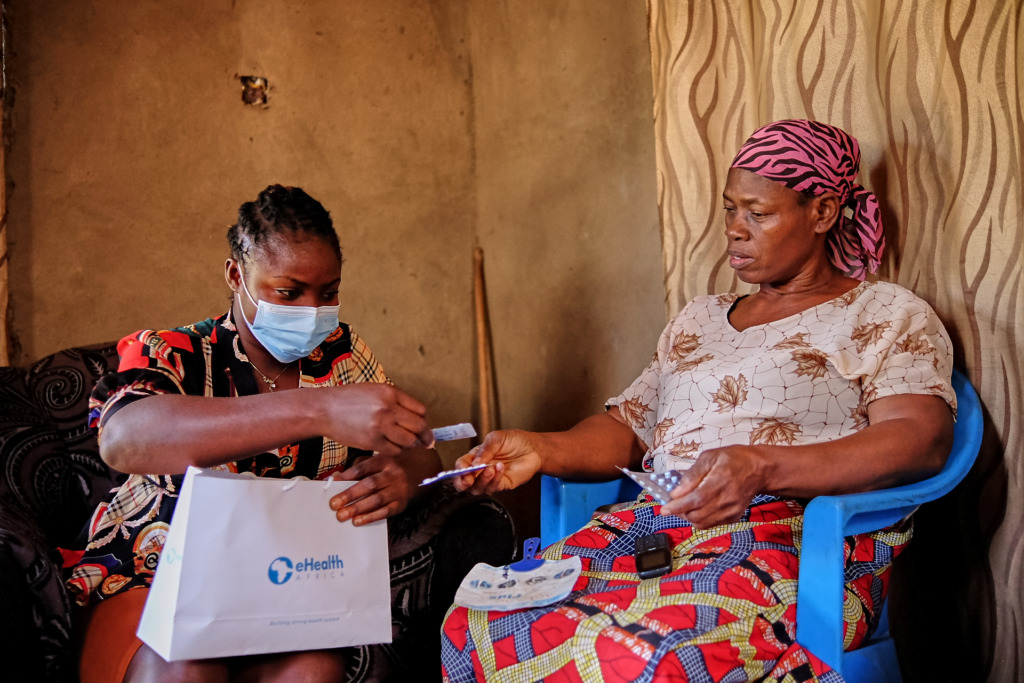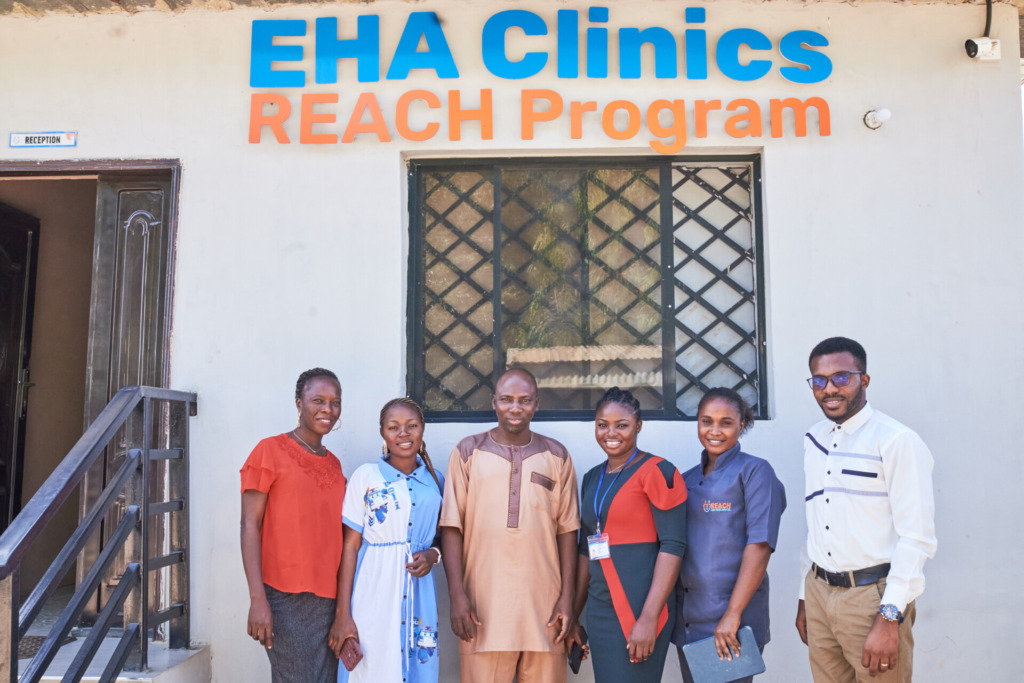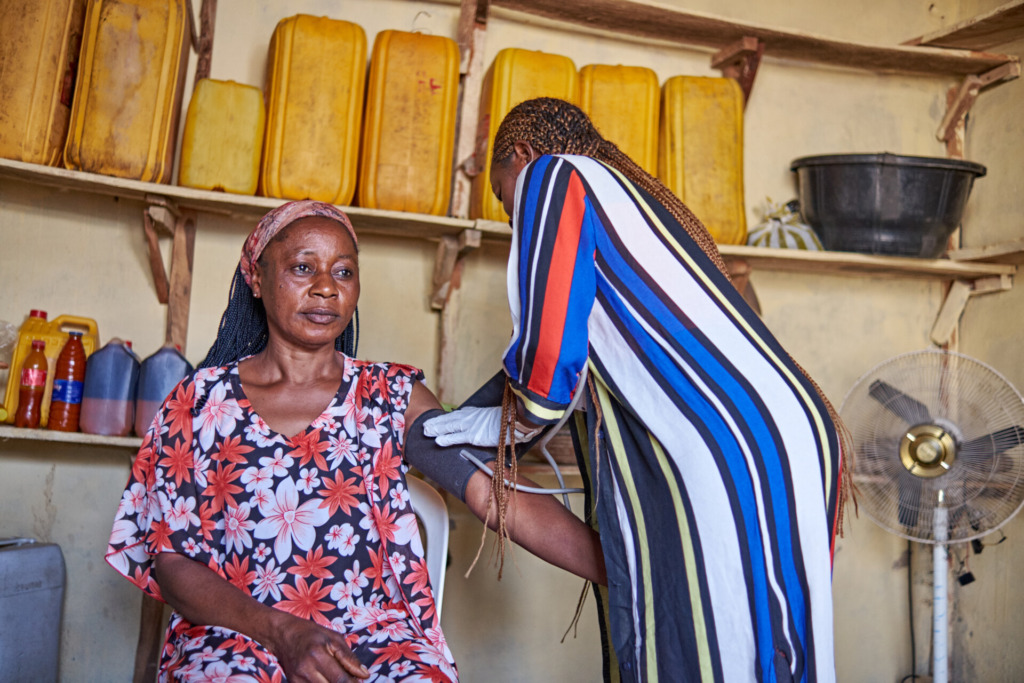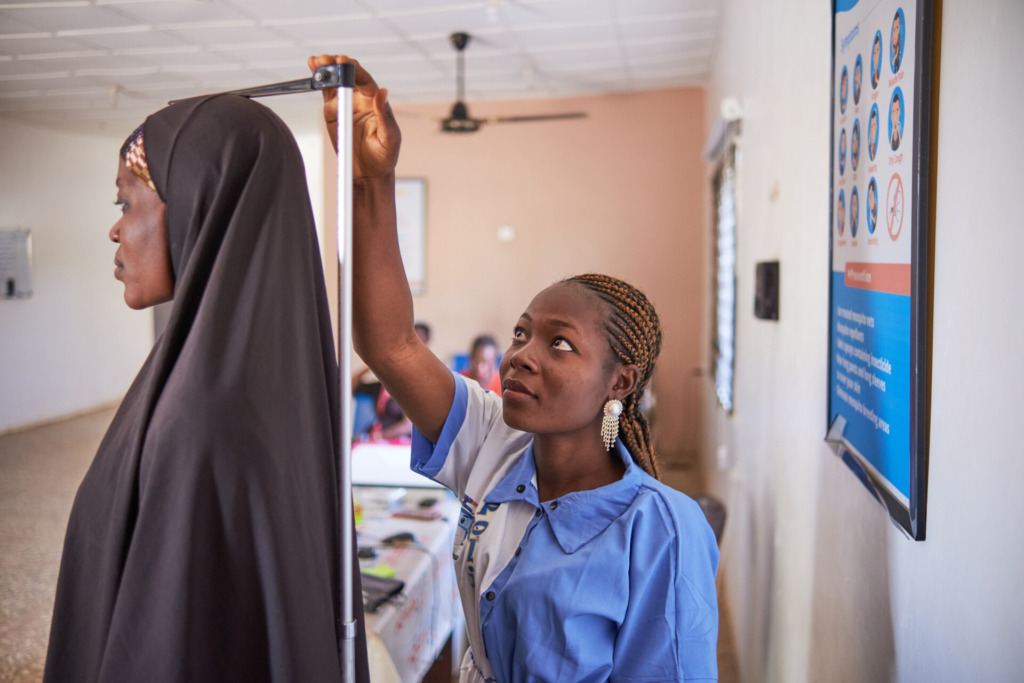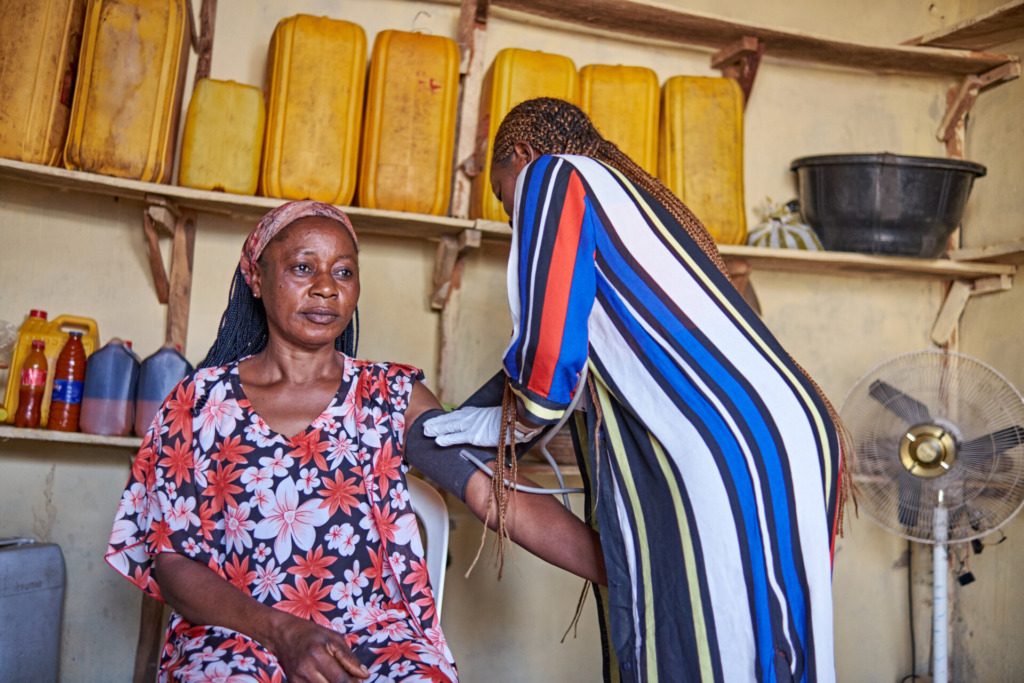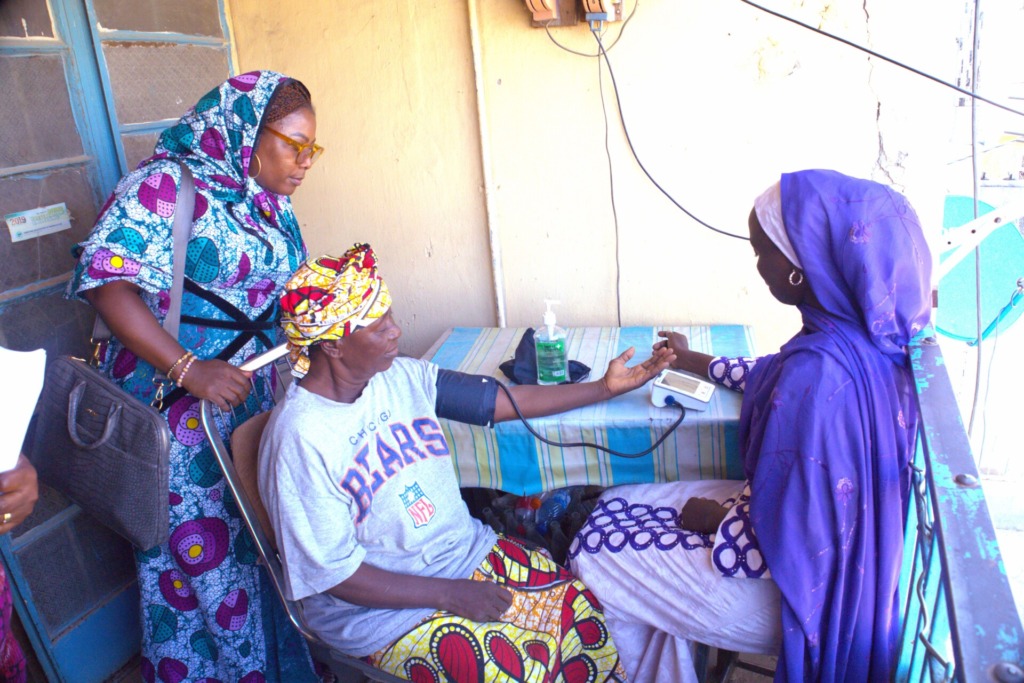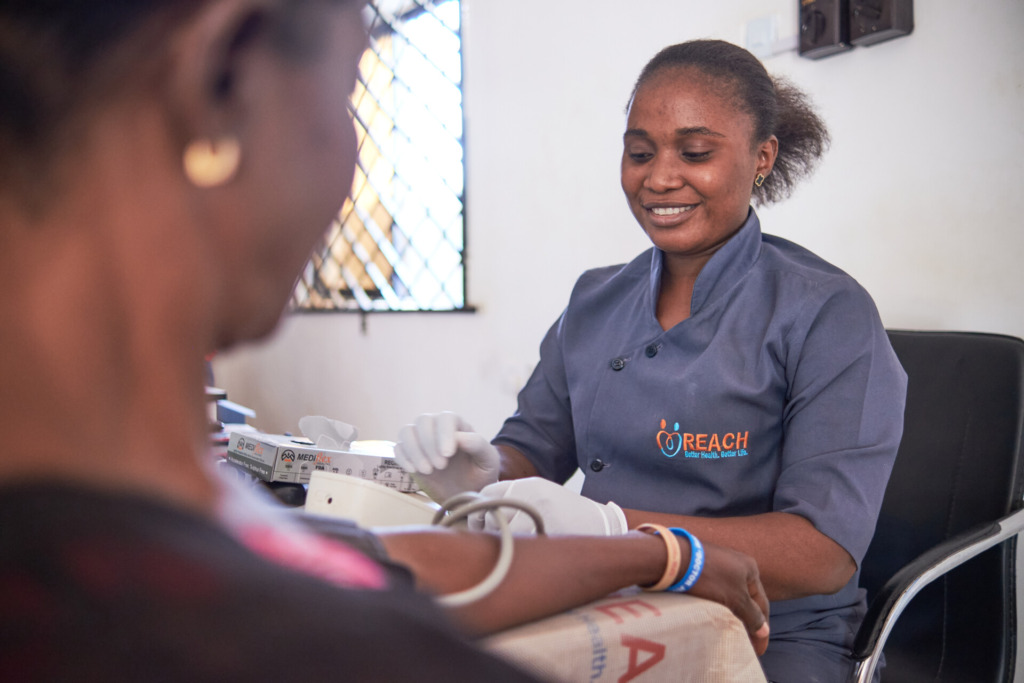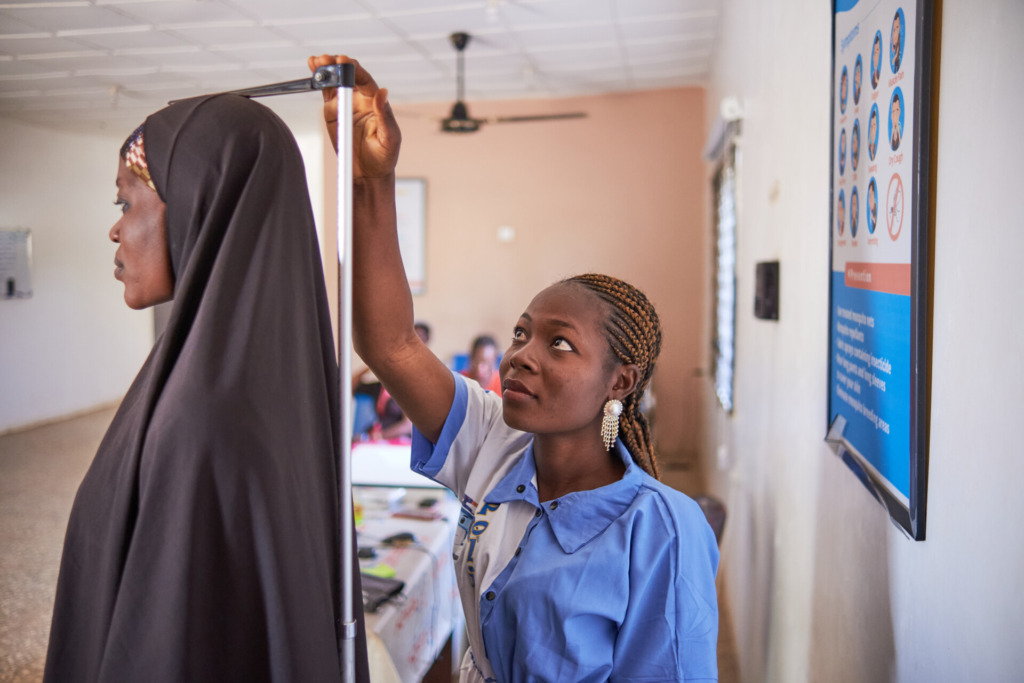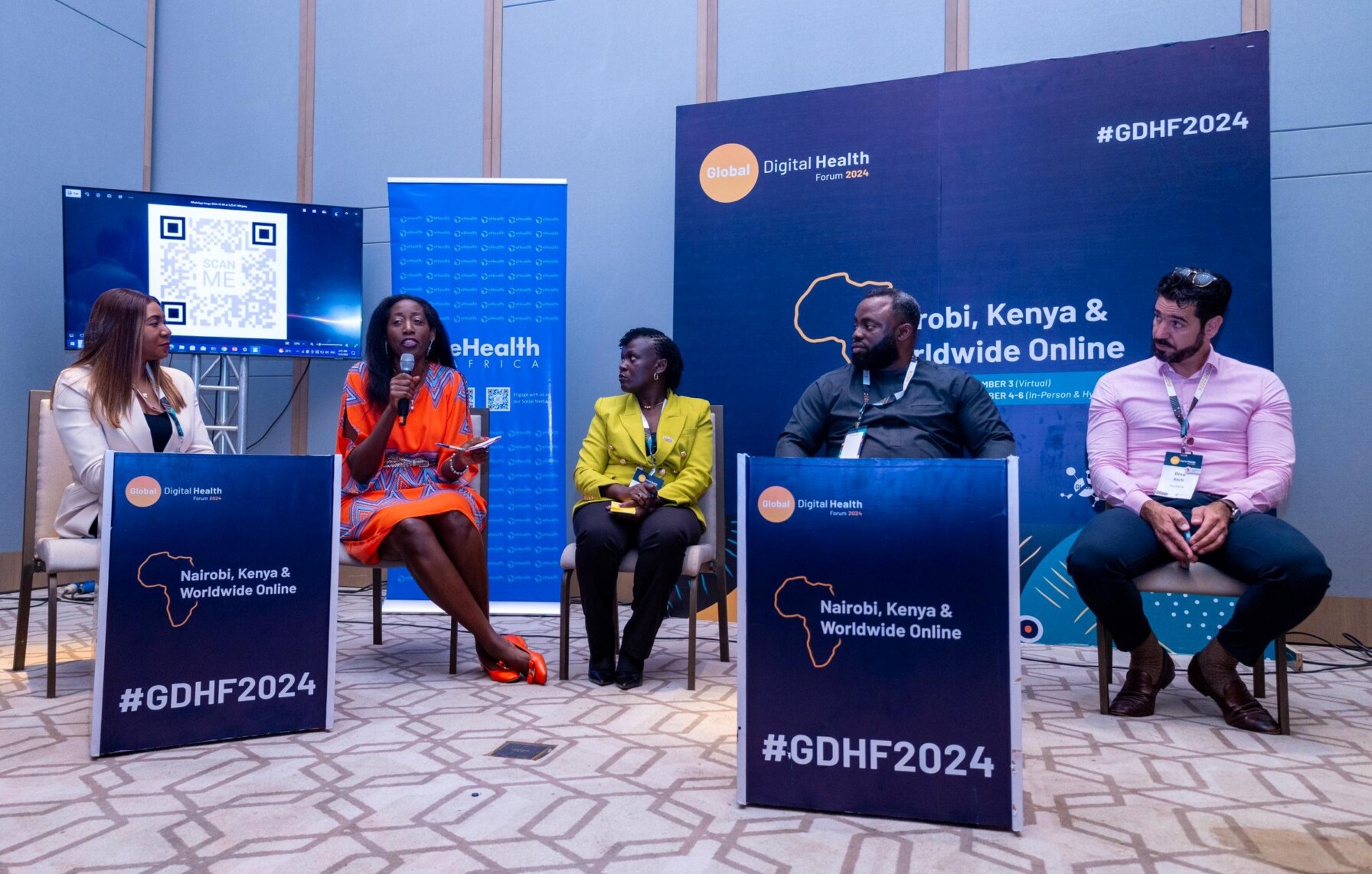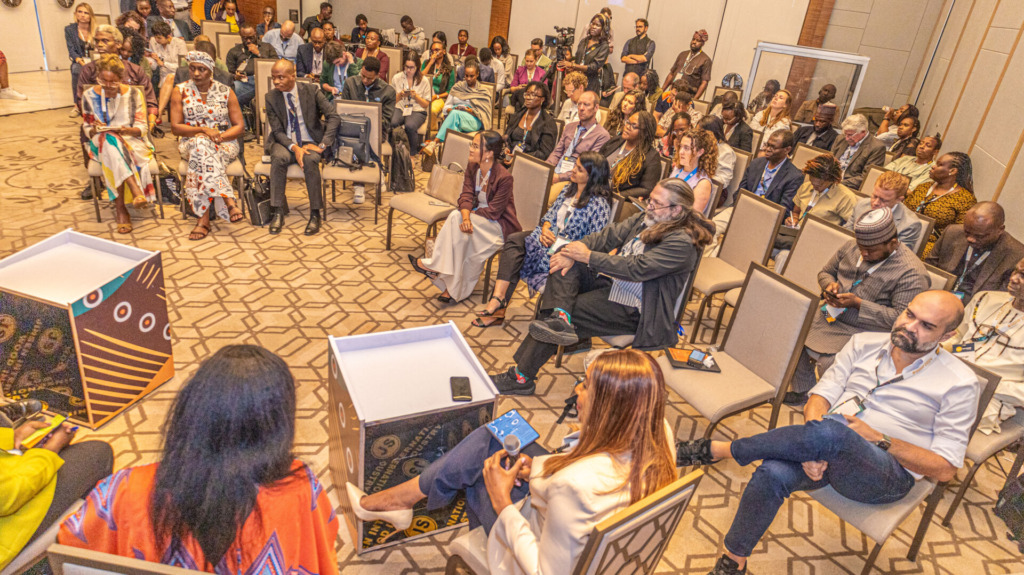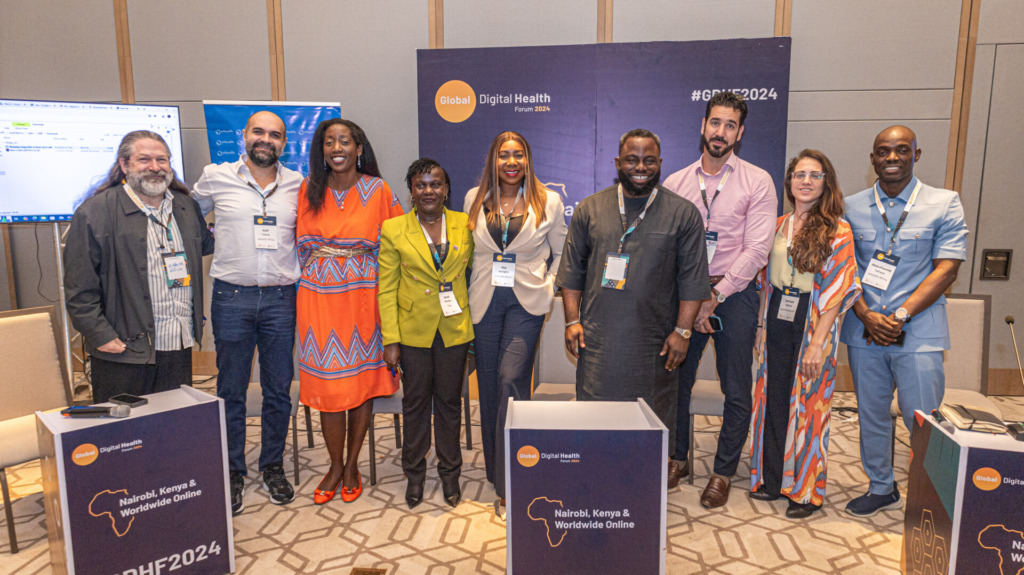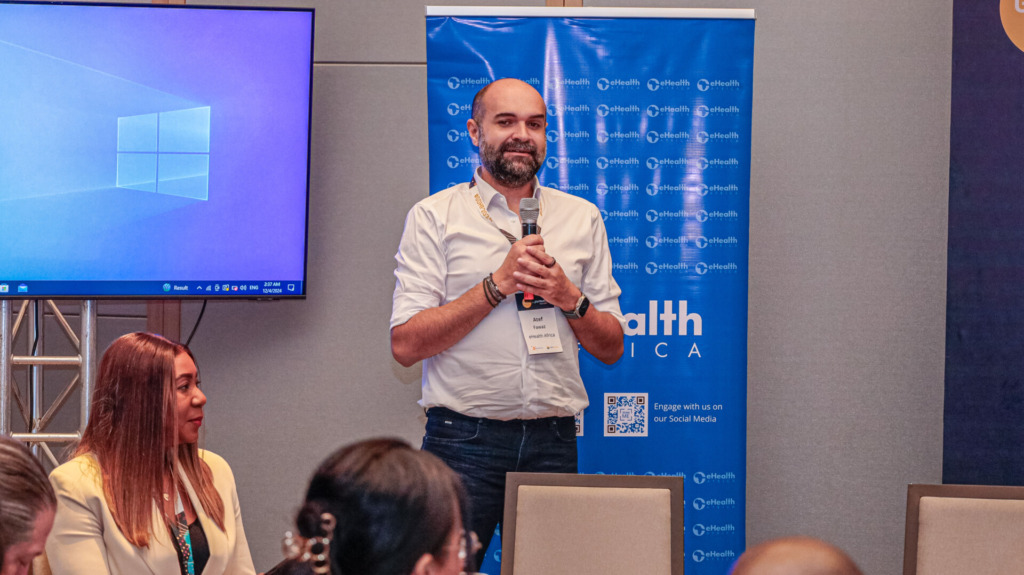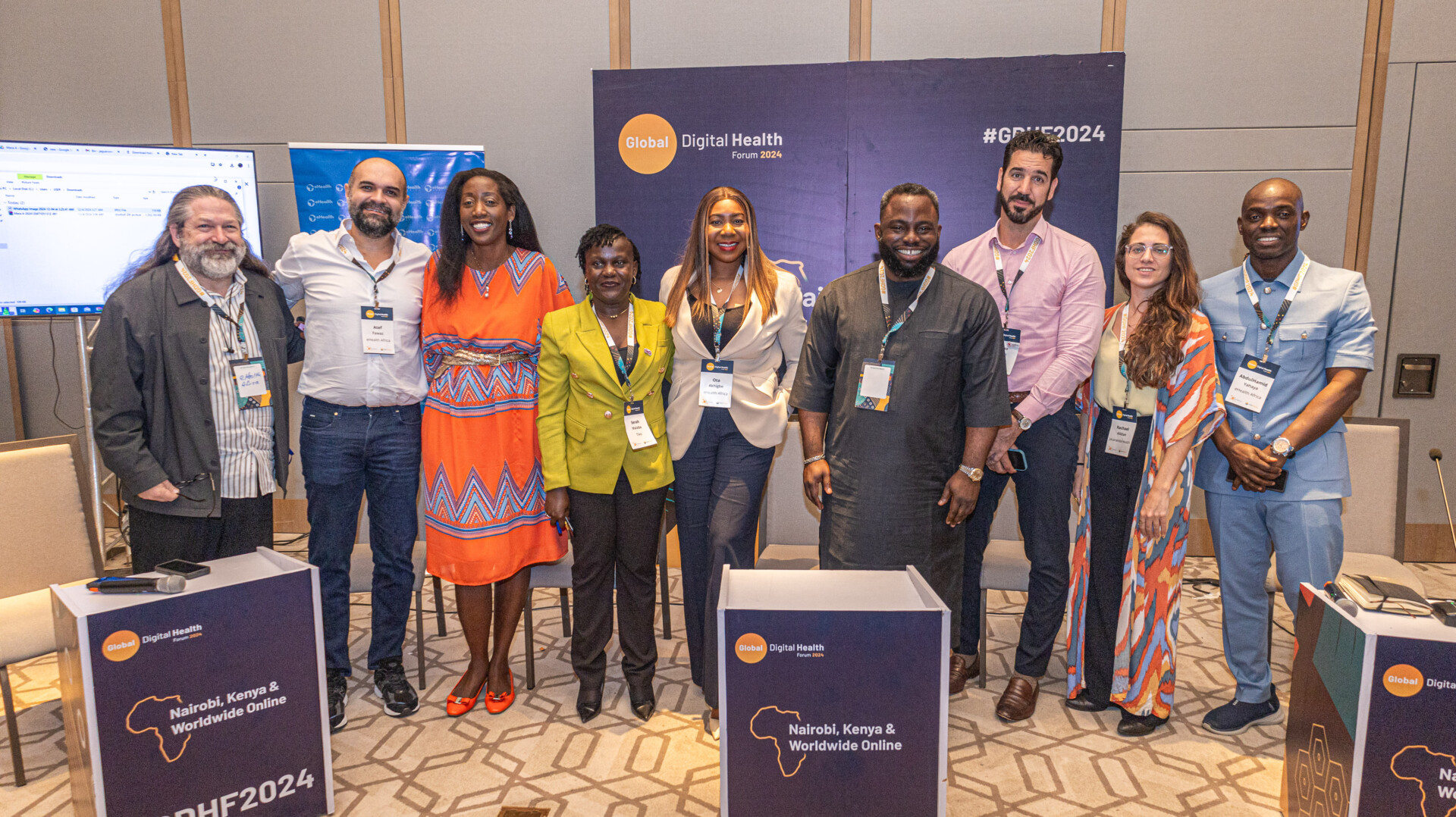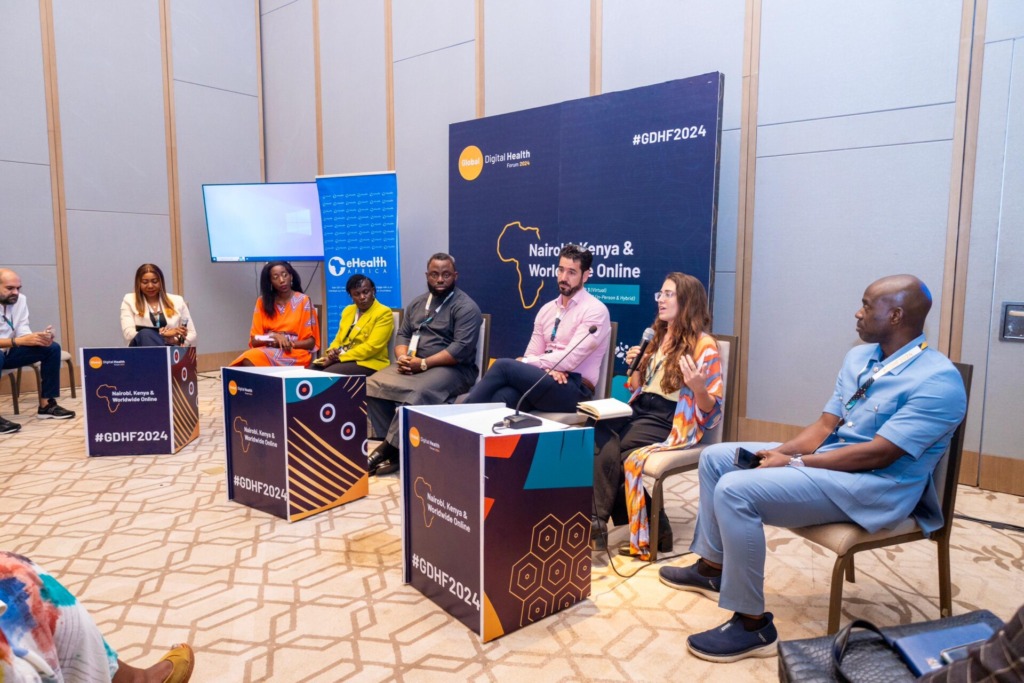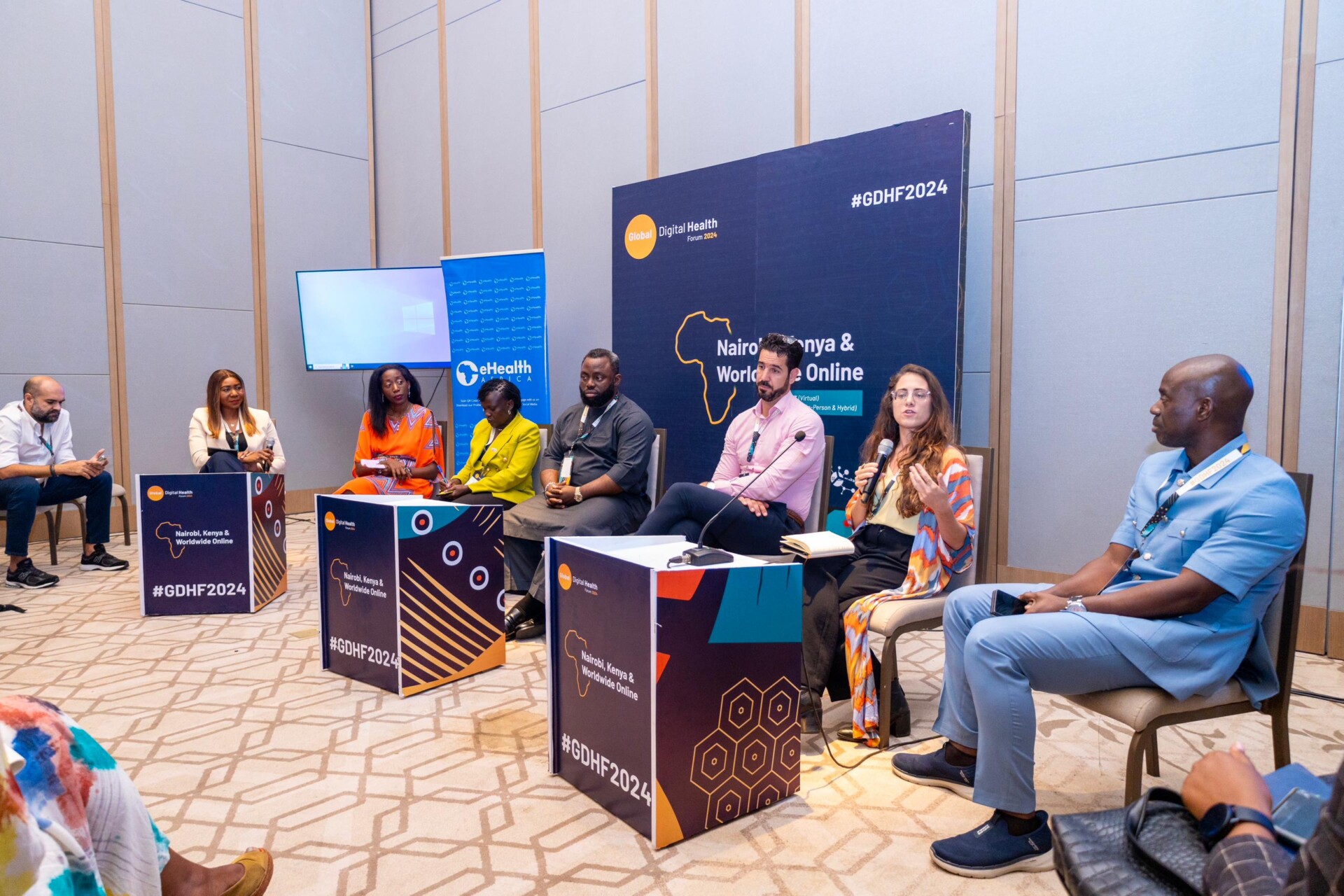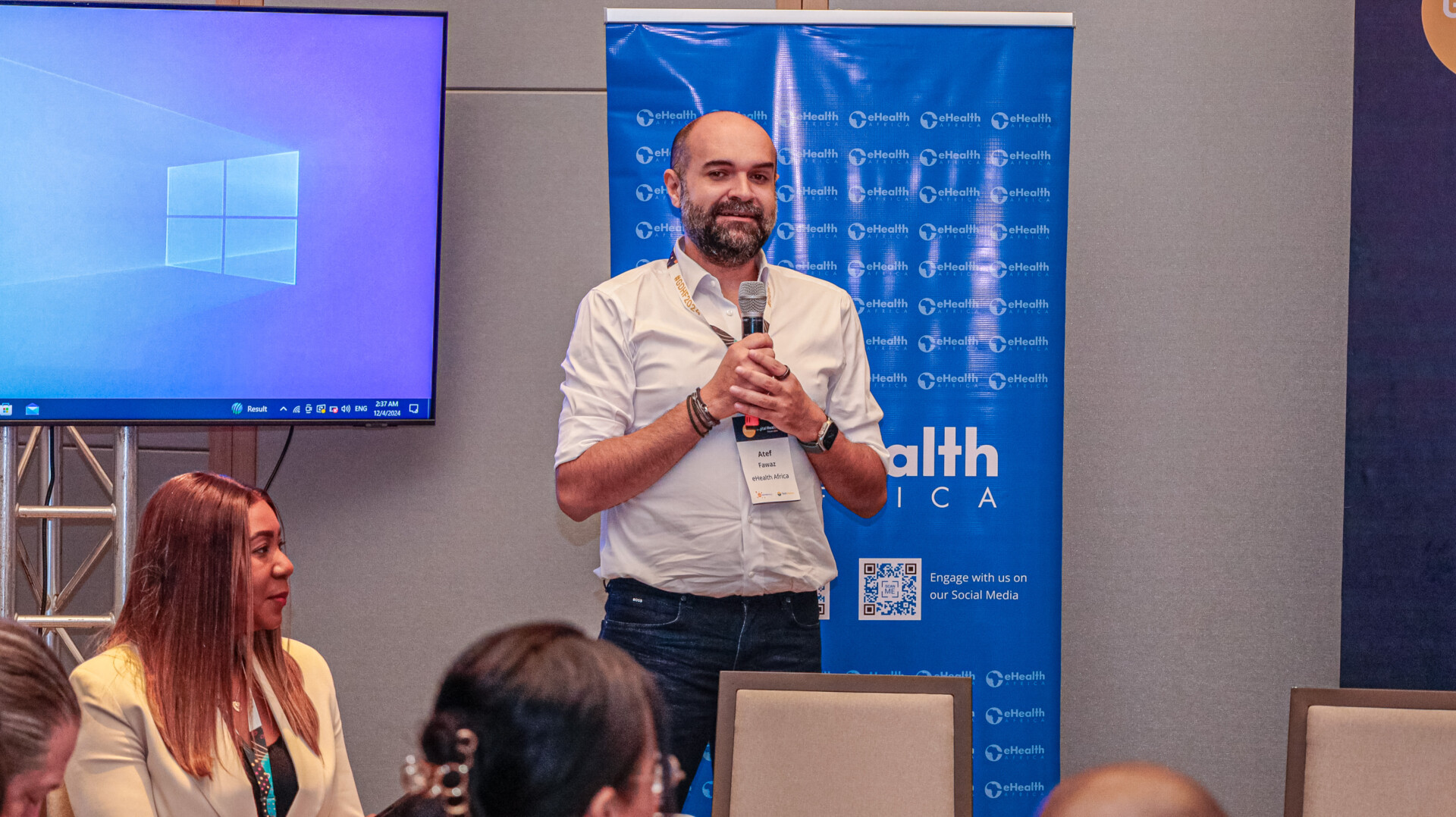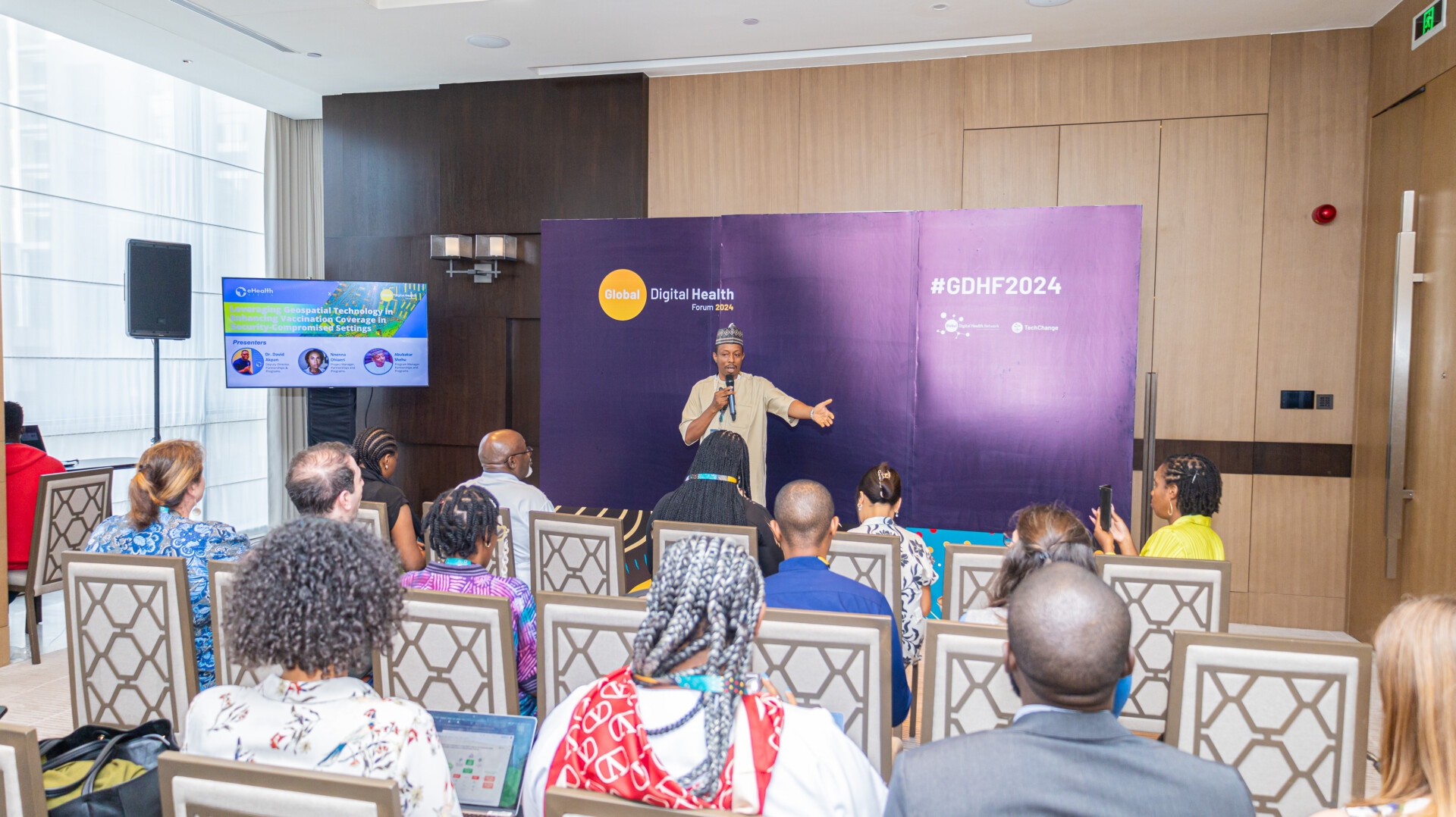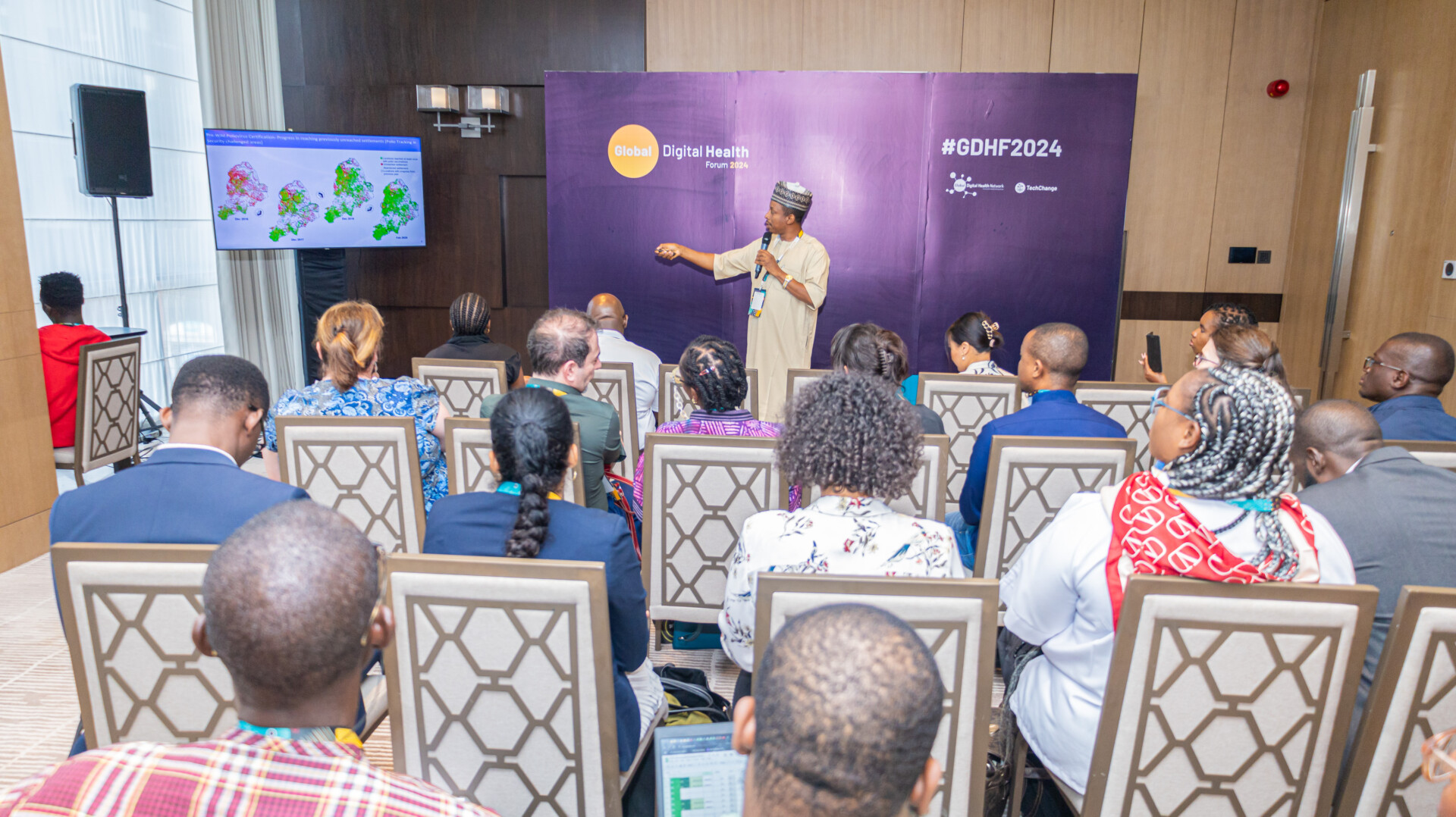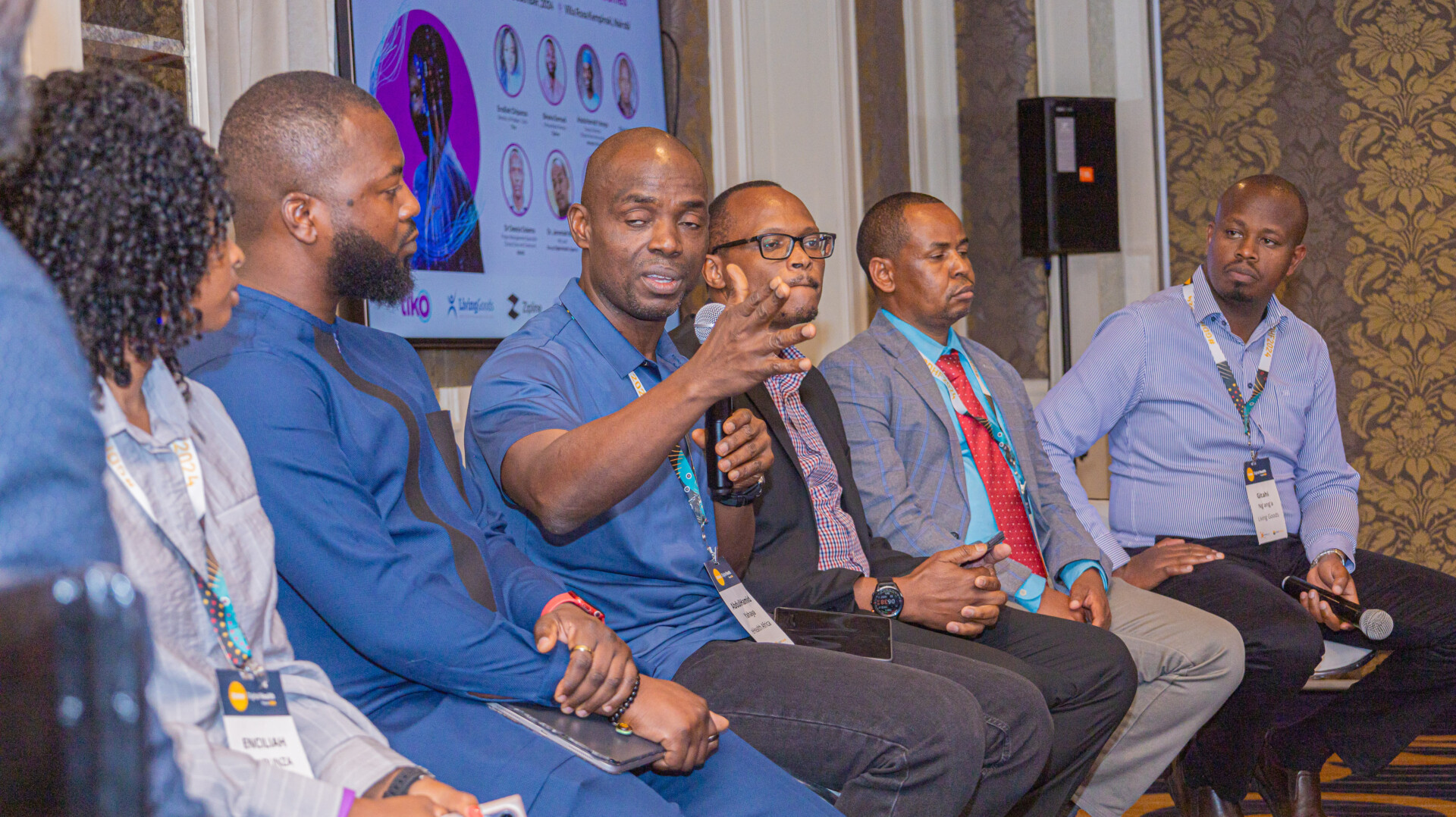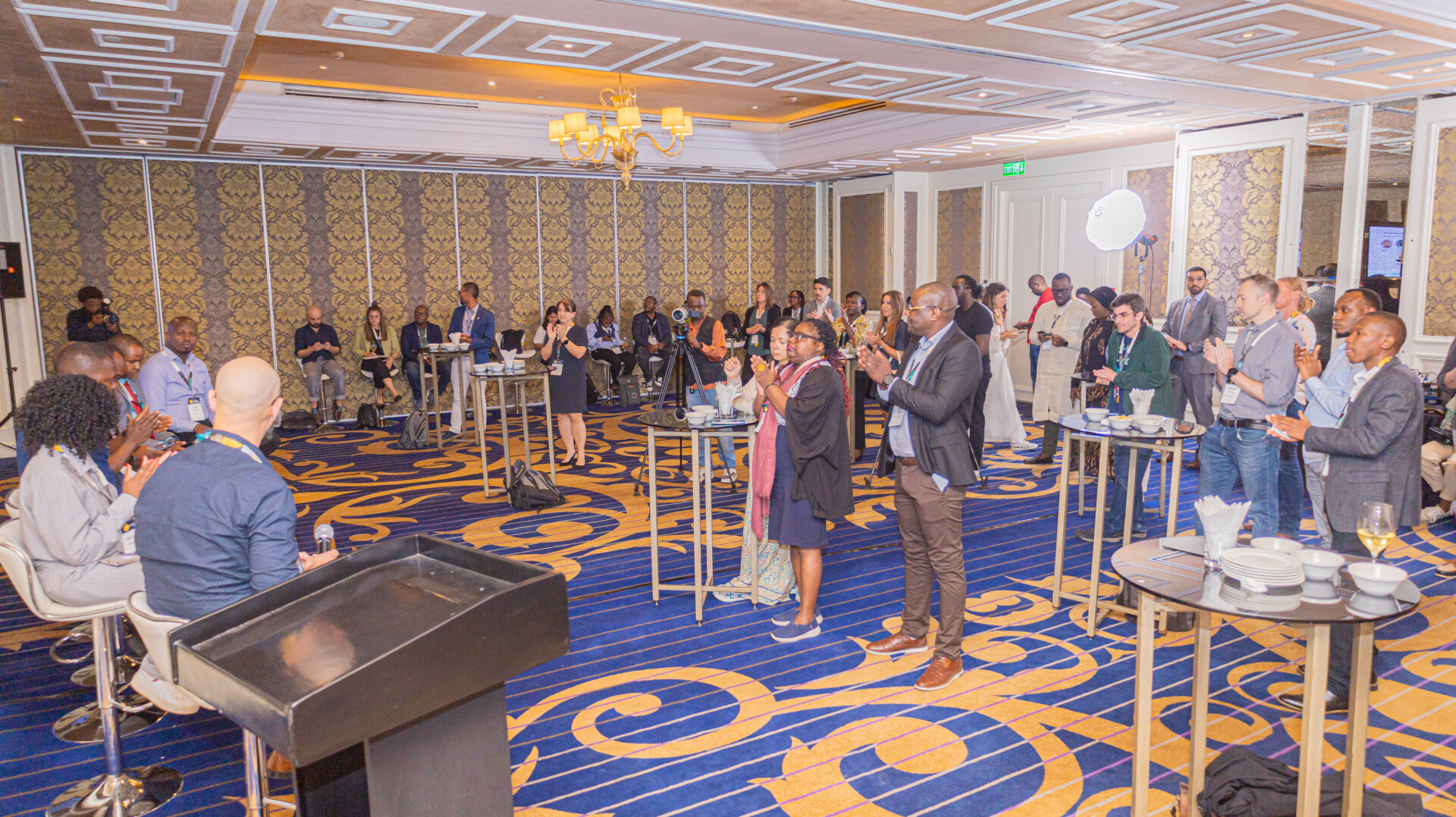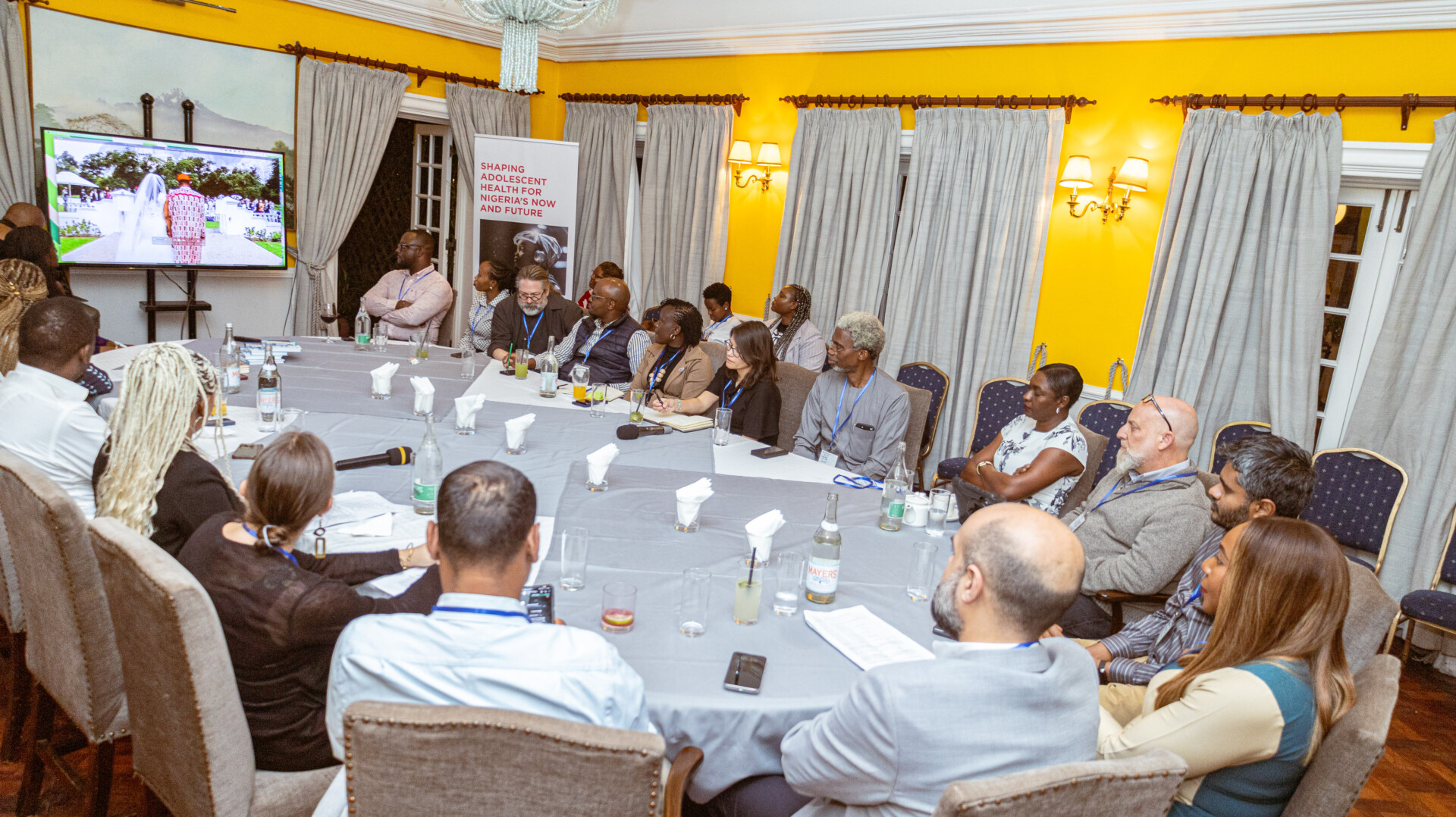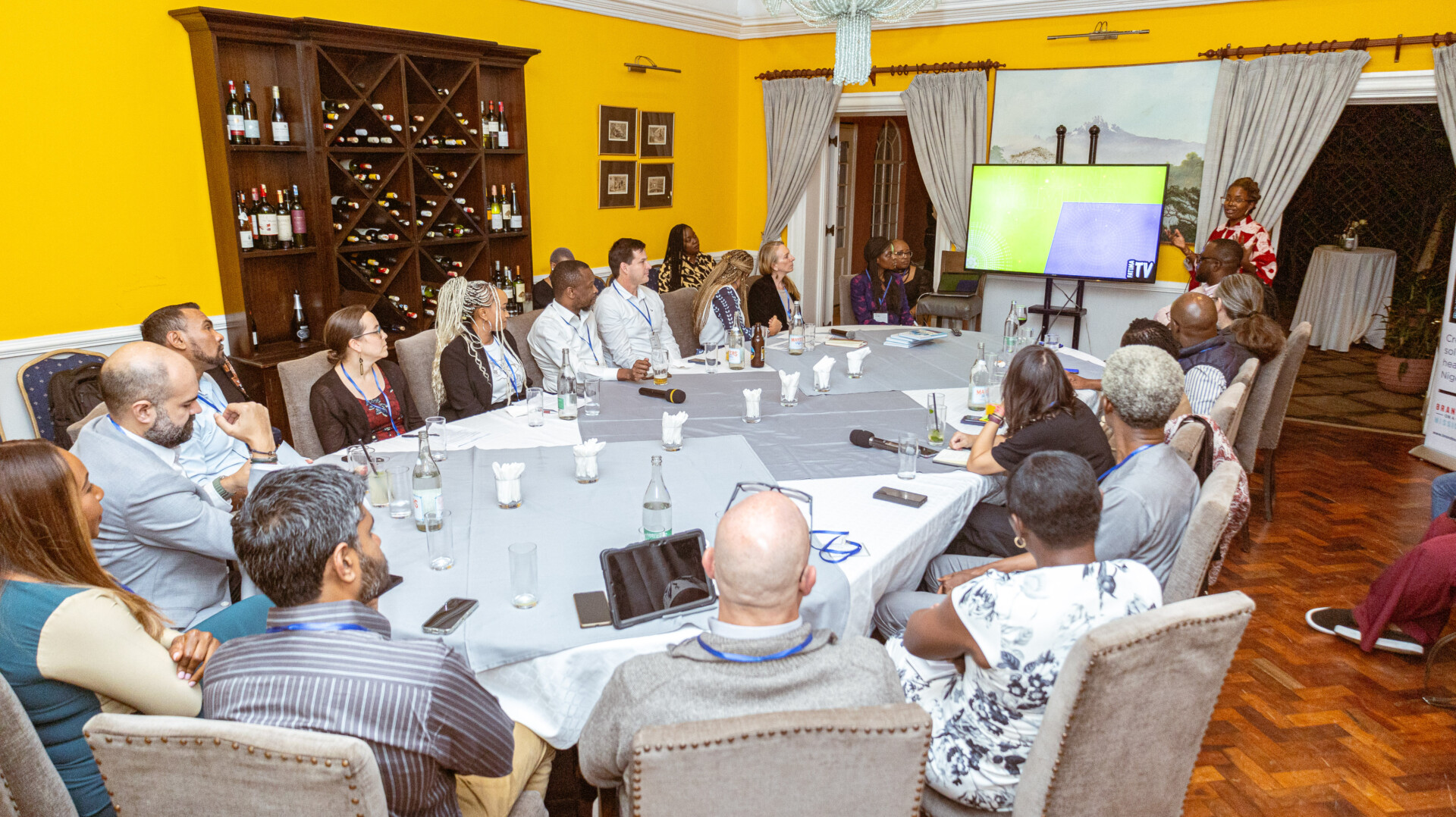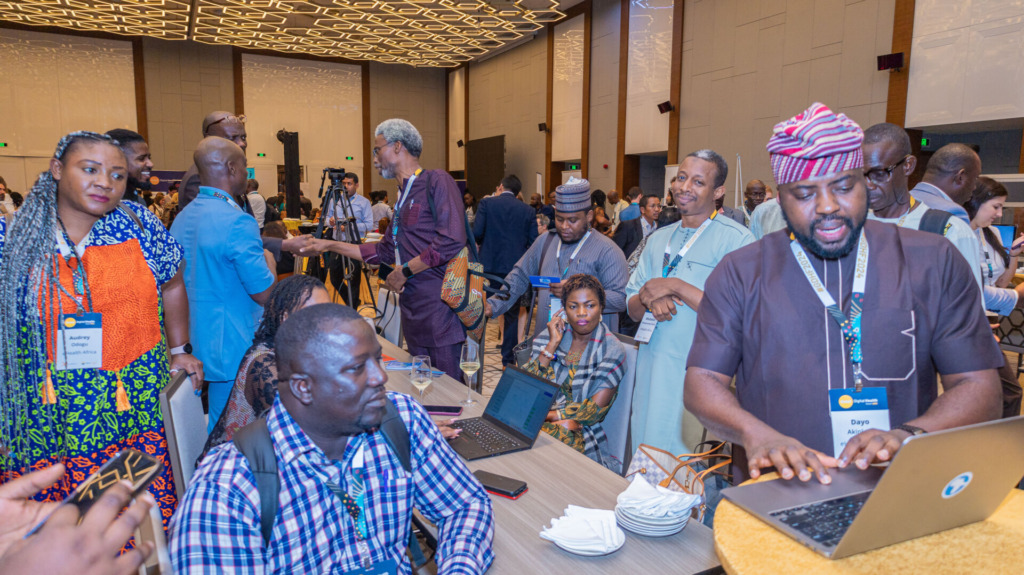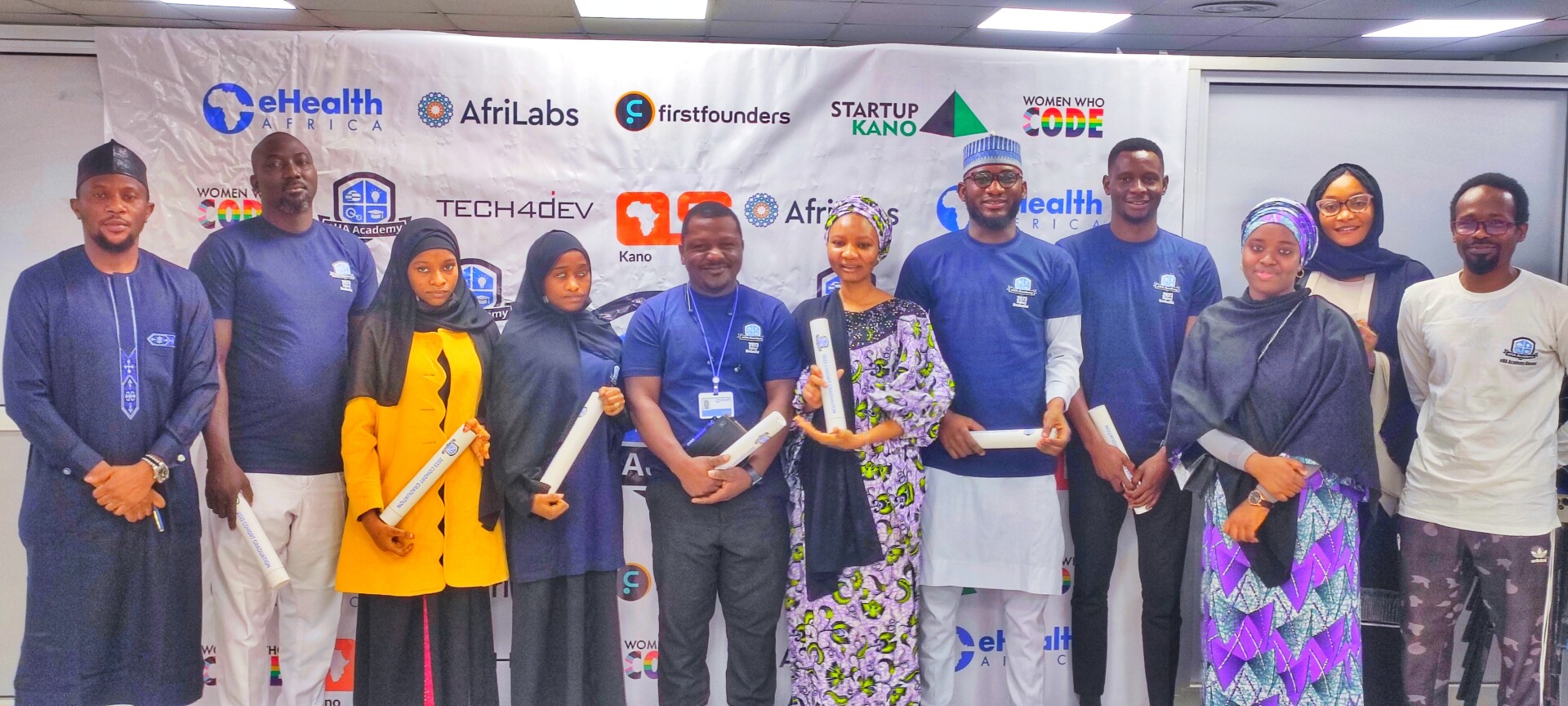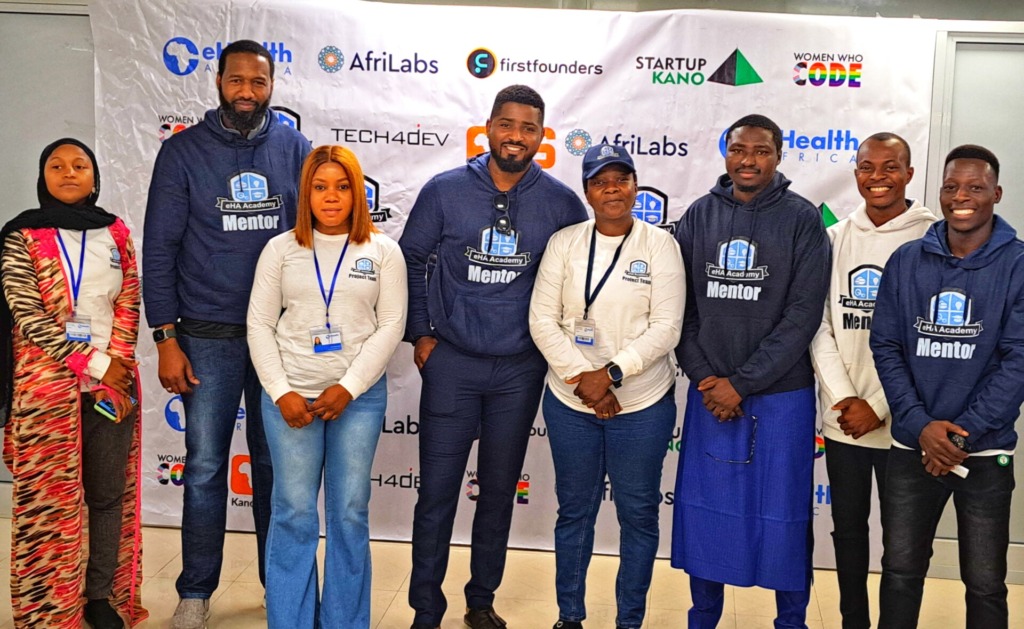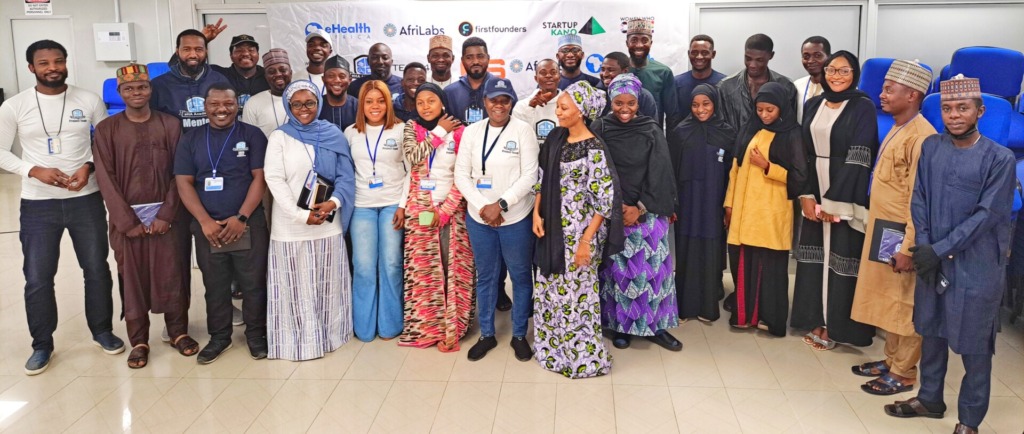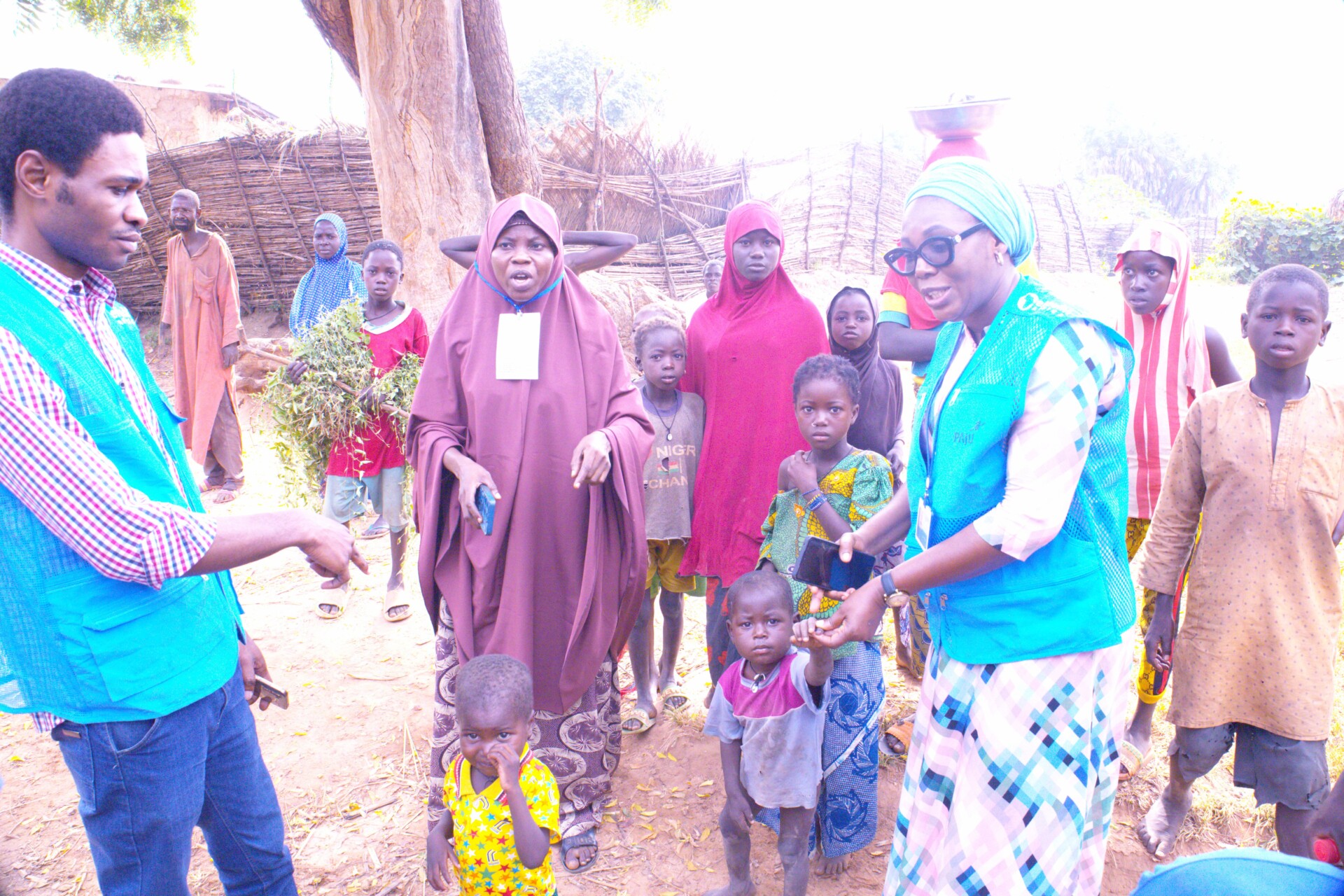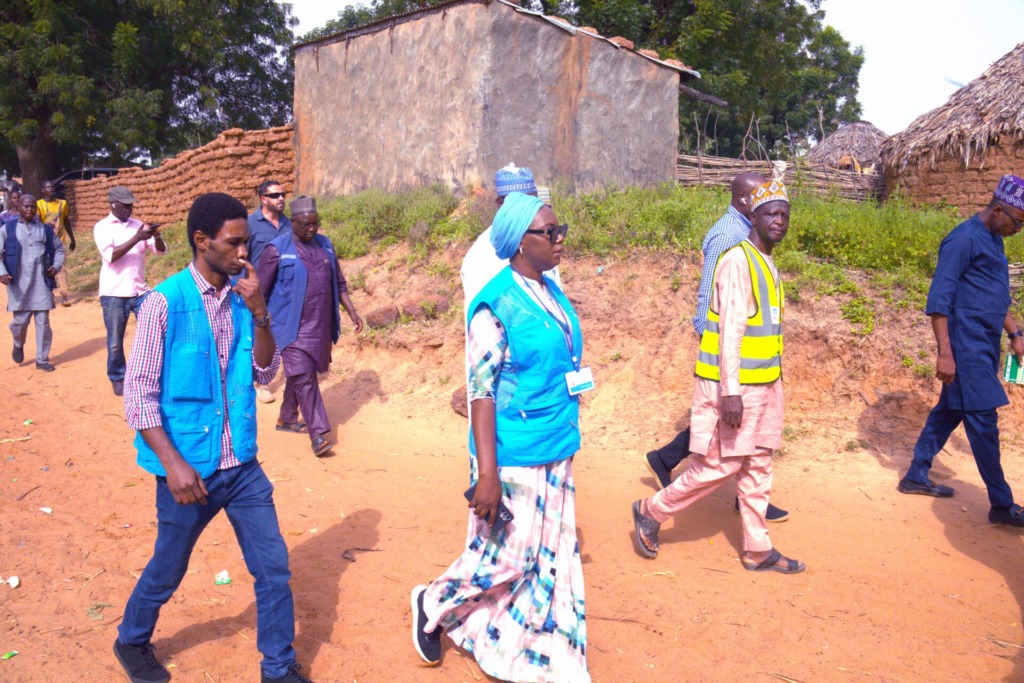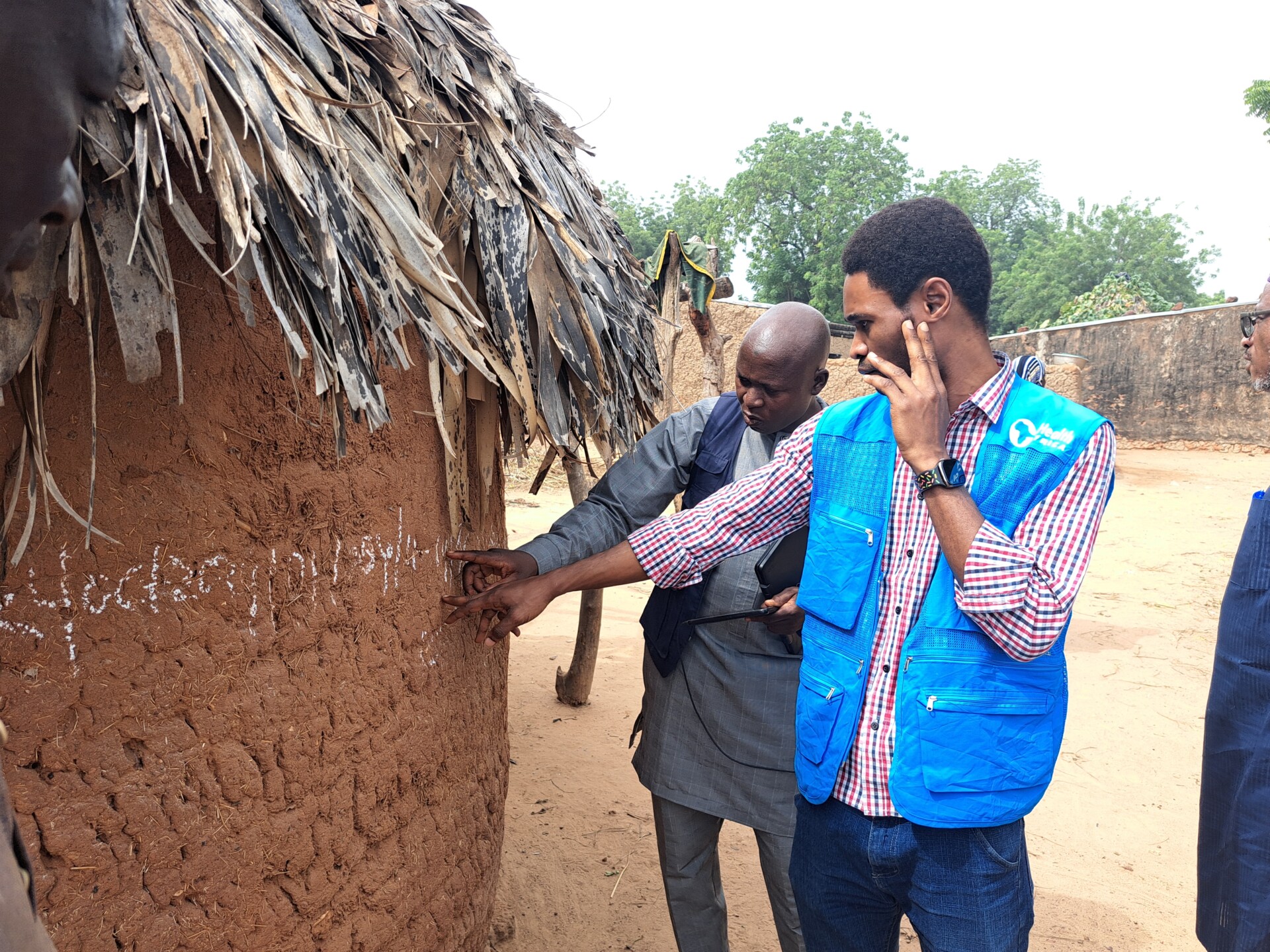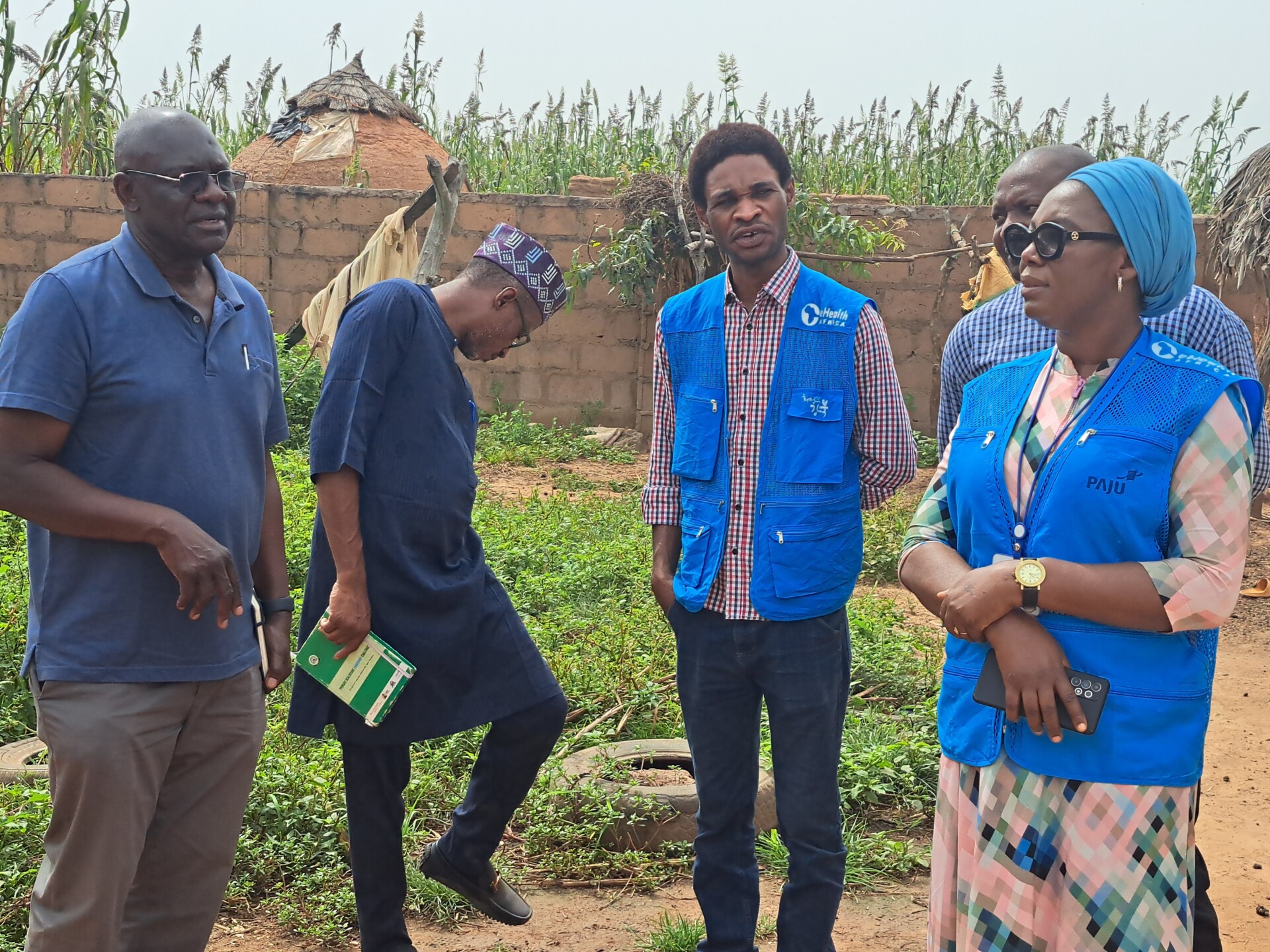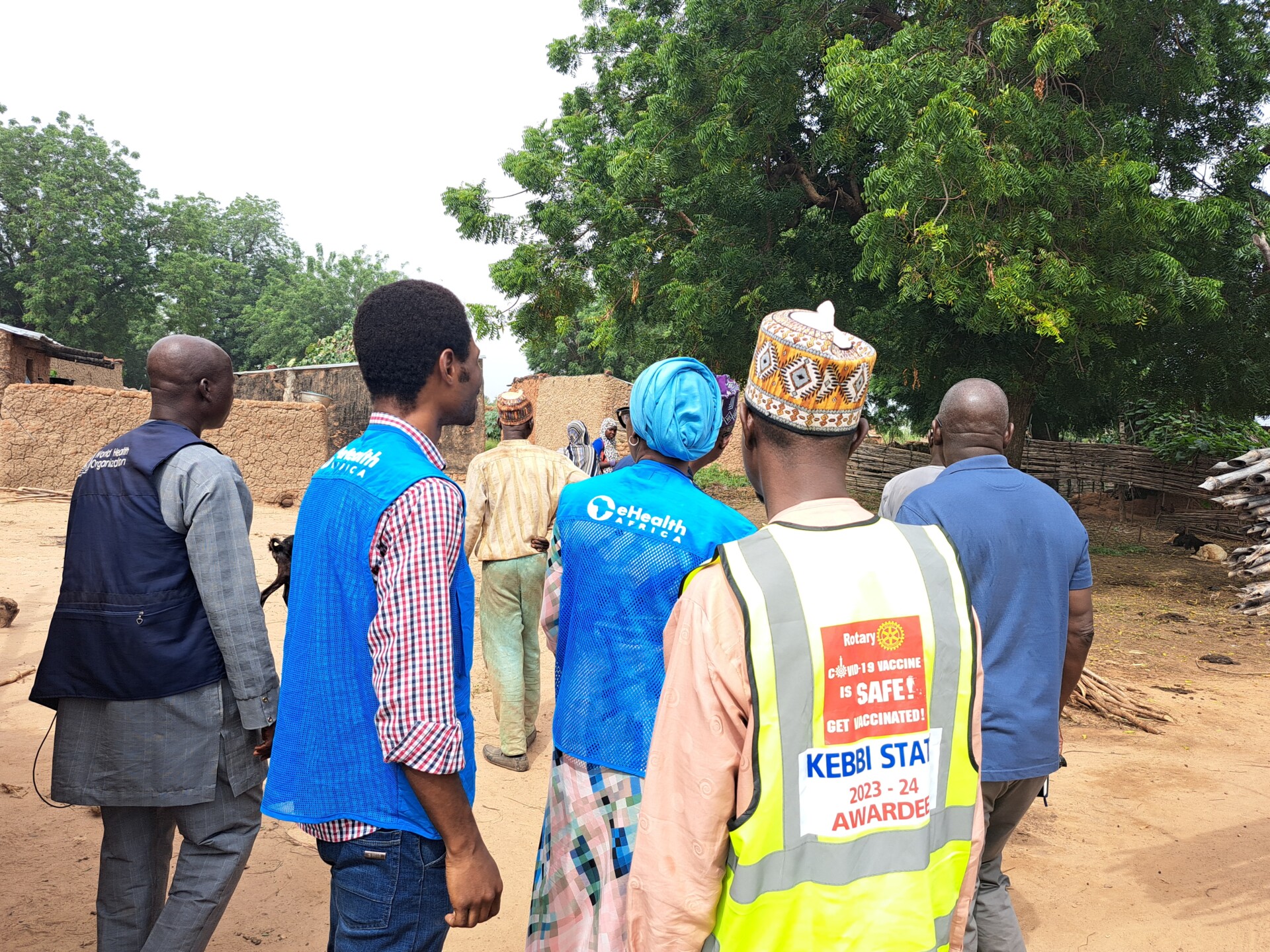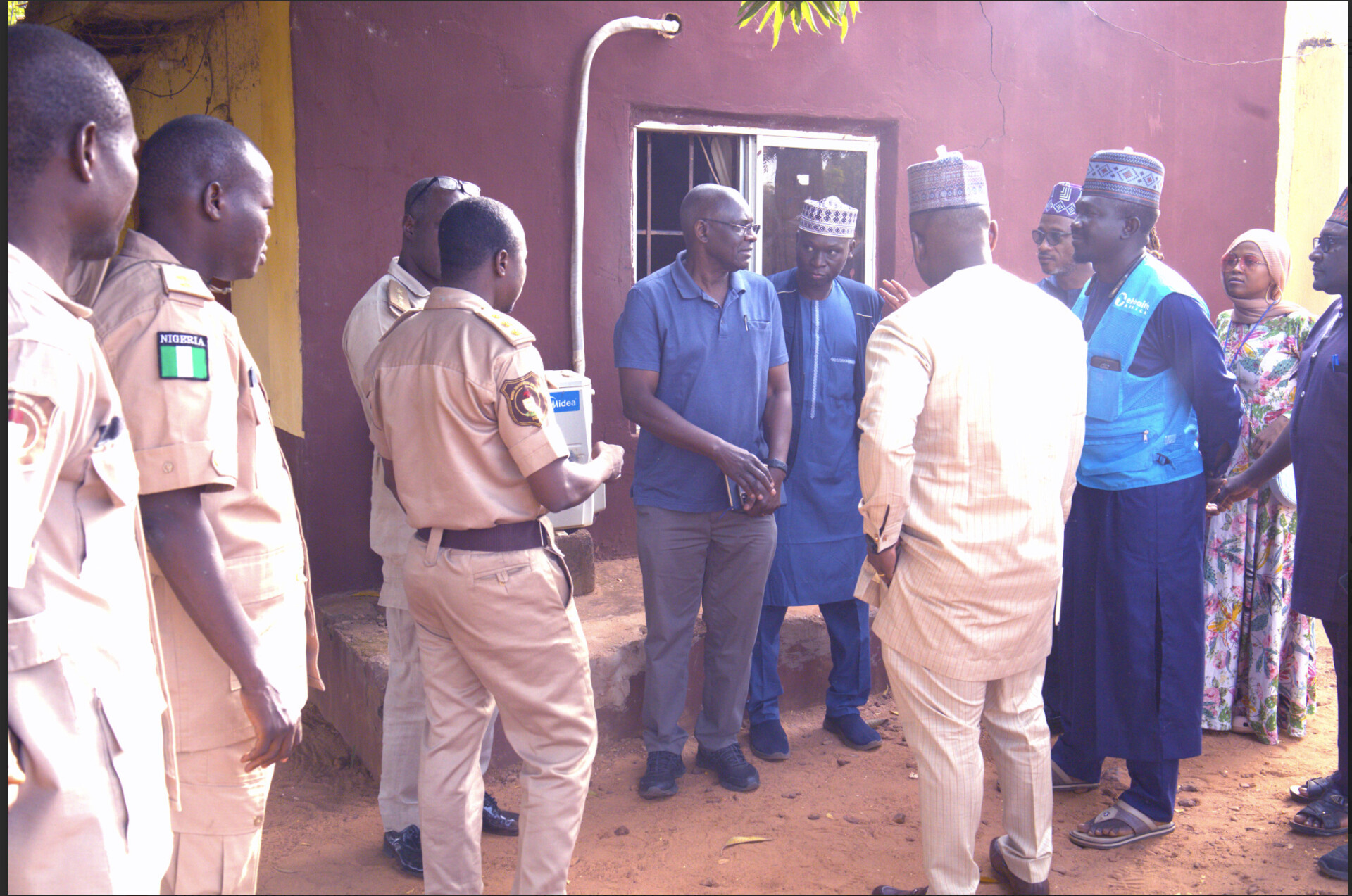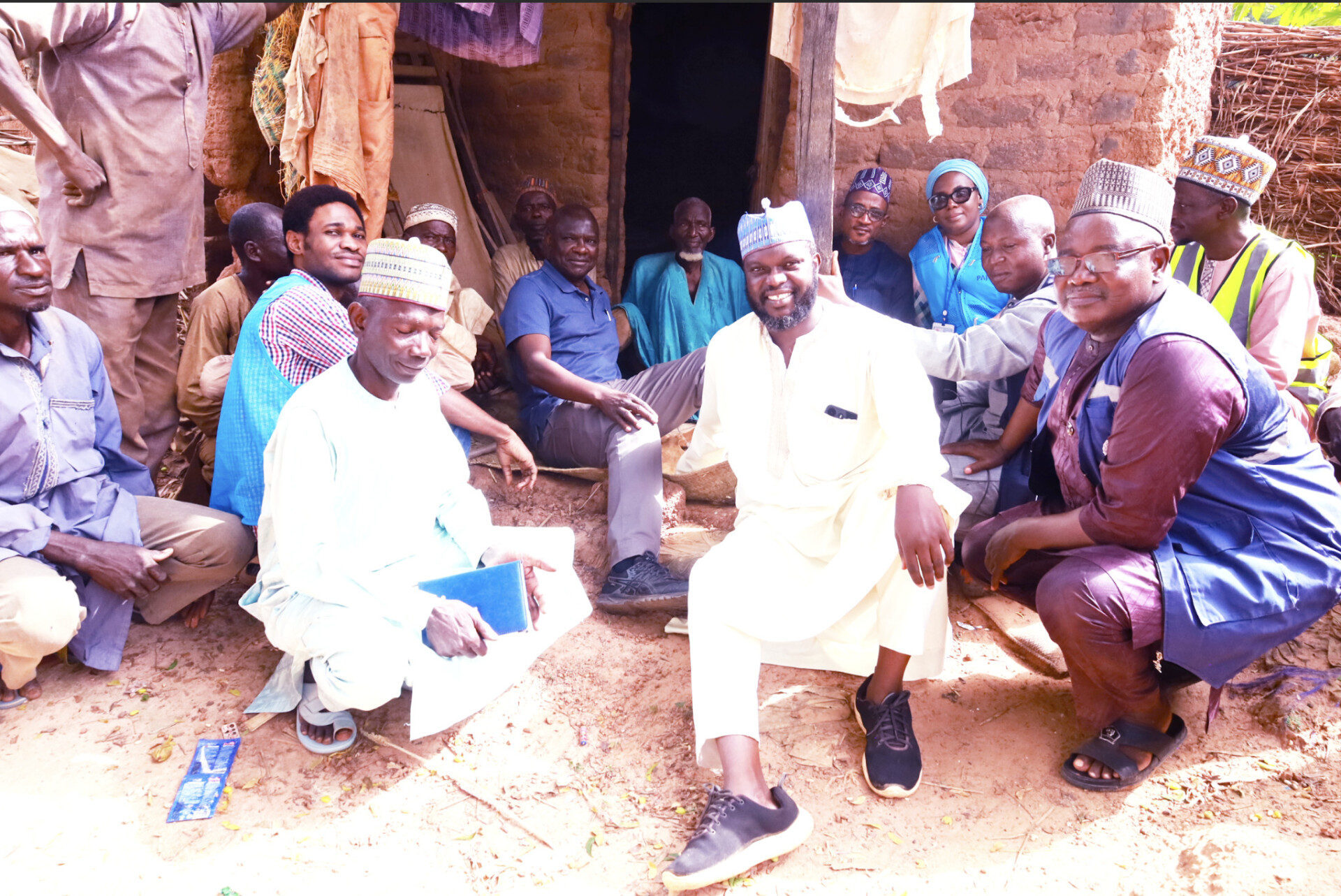By – Moshood Isah
With fewer than half of African startups surviving beyond their early years, the continent continues to grapple with challenges such as climate change, economic inequality, and limited access to resources, networks, and funding. Many innovative businesses struggle to secure the capital and mentorship needed for growth and sustainability.
A concerning trend reveals that 90% of startups fail within their first five years, a statistic particularly troubling for emerging entrepreneurs. According to Forbes, financial constraints, including running out of cash and failing to raise capital, are the primary reasons for these failures. Nigeria, for example, has over 3,360 startups but also holds the highest failure rate in Africa at 61%. Other contributing factors include inconsistent government policies, inadequate skills, limited access to funding, and high business registration costs.
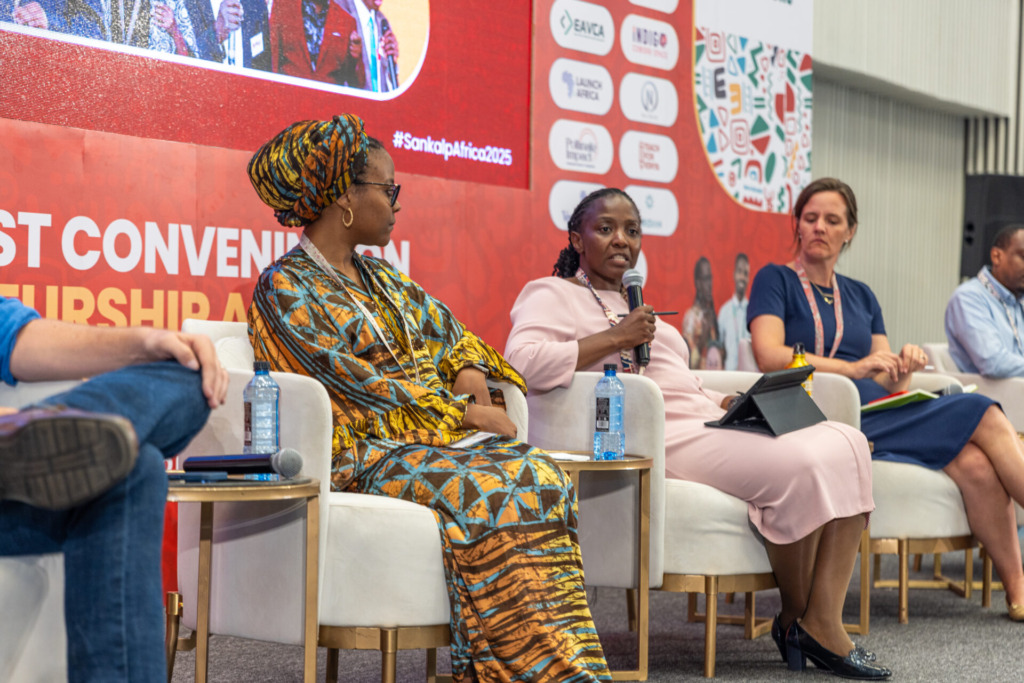
This challenge extends across various sectors, including healthcare. While the demand for affordable and accessible care continues to rise, business models that balance financial viability with social impact remain difficult to implement. Recognizing these challenges, eHealth Africa (EHA) participated in the recent Sankalp Summit, one of Africa’s largest convenings focused on entrepreneurship and sustainable development.
At the summit, EHA hosted a panel session titled “Sustainable Business Models for Primary Healthcare in Africa: Challenges and Opportunities.” Moderated by EHA Board Member Michelline Ntiru, the session brought together healthcare leaders to discuss key strategies for maintaining financial sustainability while expanding healthcare access. Discussions centered around lessons from successful scale-ups, the role of public-private partnerships, and innovative service delivery models.
Ahead of the session, EHA’s Executive Director, Atef Fawaz, emphasized the importance of summits like Sankalp in fostering investor partnerships, stating, “As an organization that has spent years working with governments and NGOs to improve health systems through data-driven solutions, conversations like these are crucial.” He further highlighted the organization’s vision for the coming years, adding, “We are intensifying efforts to transform healthcare, champion collaboration, and drive innovation to enhance economic prosperity. Events like Sankalp serve as motivation to scale our impact, particularly in underserved communities.”
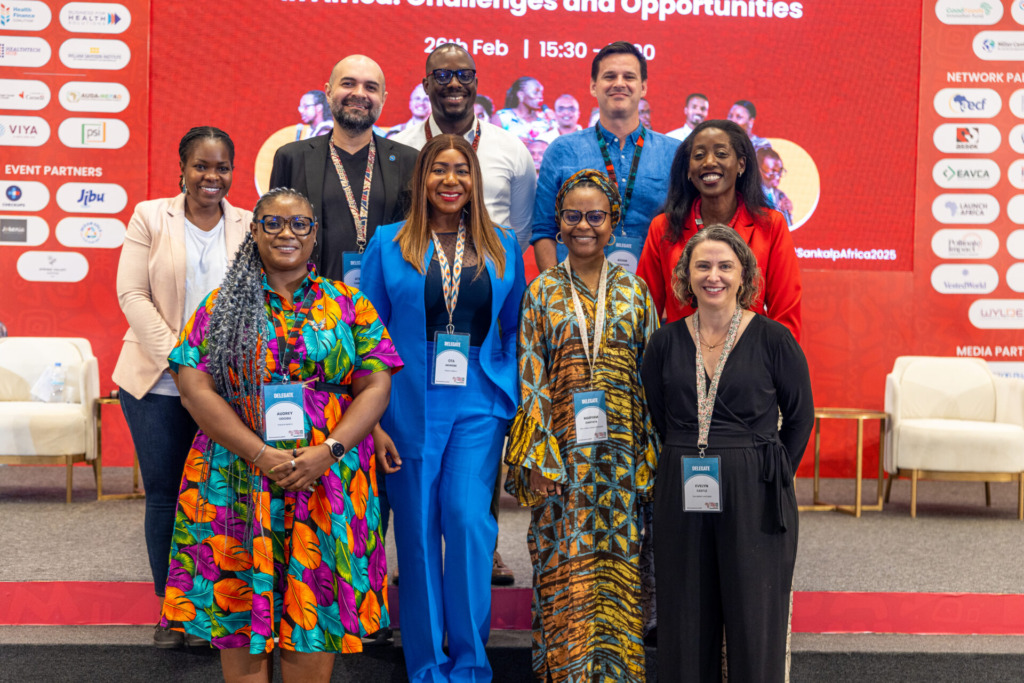
Panelists explored various investment and funding challenges, recommending strategies to attract capital and ensure financial sustainability. The session also provided startups and investors with insights on navigating regulatory and operational barriers across different markets. After the discussion, EHA’s Director of Partnerships and Programs reflected on the event’s significance, stating, “We explored the intersection of cutting-edge technology, strategic investment, and collaborative partnerships—the very pillars of our vision. We are working across multiple countries and impacting millions of lives.”
She also emphasized the value of networking at the summit, sharing that “this platform connected us with organizations making real impact—from measuring social change to transforming food production and strengthening health systems. These conversations planted the seeds for future collaborations.” She reiterated that EHA is building a community of partners who align with the organization’s mission of better healthcare, women’s empowerment, innovation, tackling climate change, and strategic growth.
The event culminated with a significant announcement: EHA Impact Ventures (EIV) committed a $2 million equity investment in EHA Clinics, marking a pivotal step in strengthening sustainable and scalable primary healthcare models across Africa. This funding will support expansion efforts to reach more communities, technology-driven healthcare solutions, and innovative financing models like REACH, which provides community-based, membership-driven healthcare access.
According to EIV’s Chief Executive Officer, “This investment reflects a growing recognition of the need for flexible, long-term capital in the healthcare sector—balancing financial sustainability with impact.” This commitment reinforces EHA’s mission to transform healthcare accessibility, affordability, and efficiency across Africa, ensuring that innovative solutions continue to thrive.
As Africa’s healthcare ecosystem continues to evolve, EHA Group will continue to foster sustainable business models and strengthen partnerships to pave the way for a more resilient and inclusive future for healthcare and beyond.
